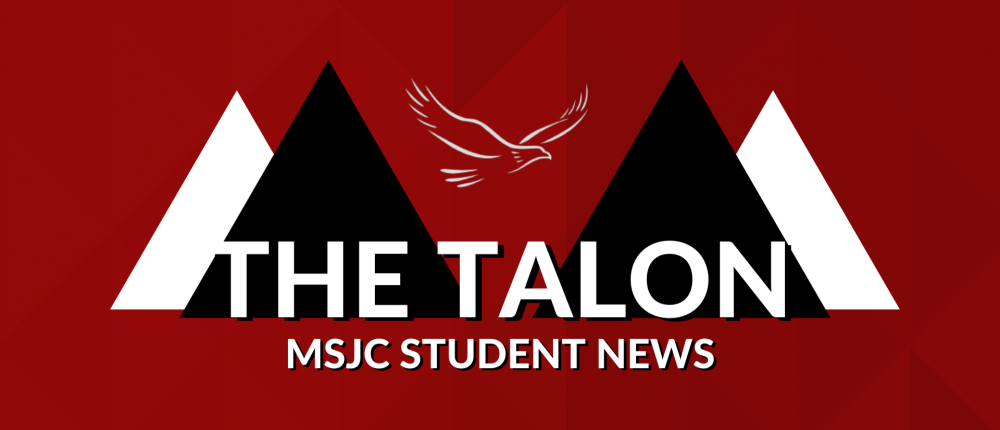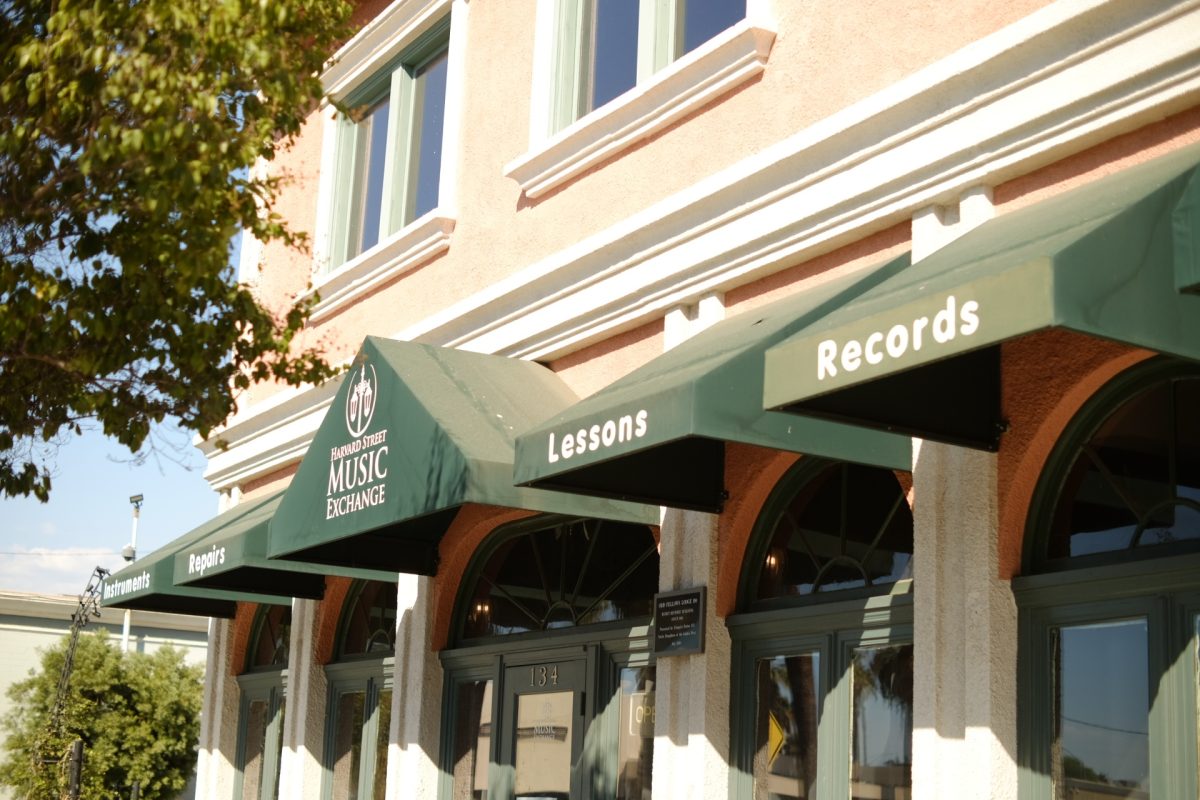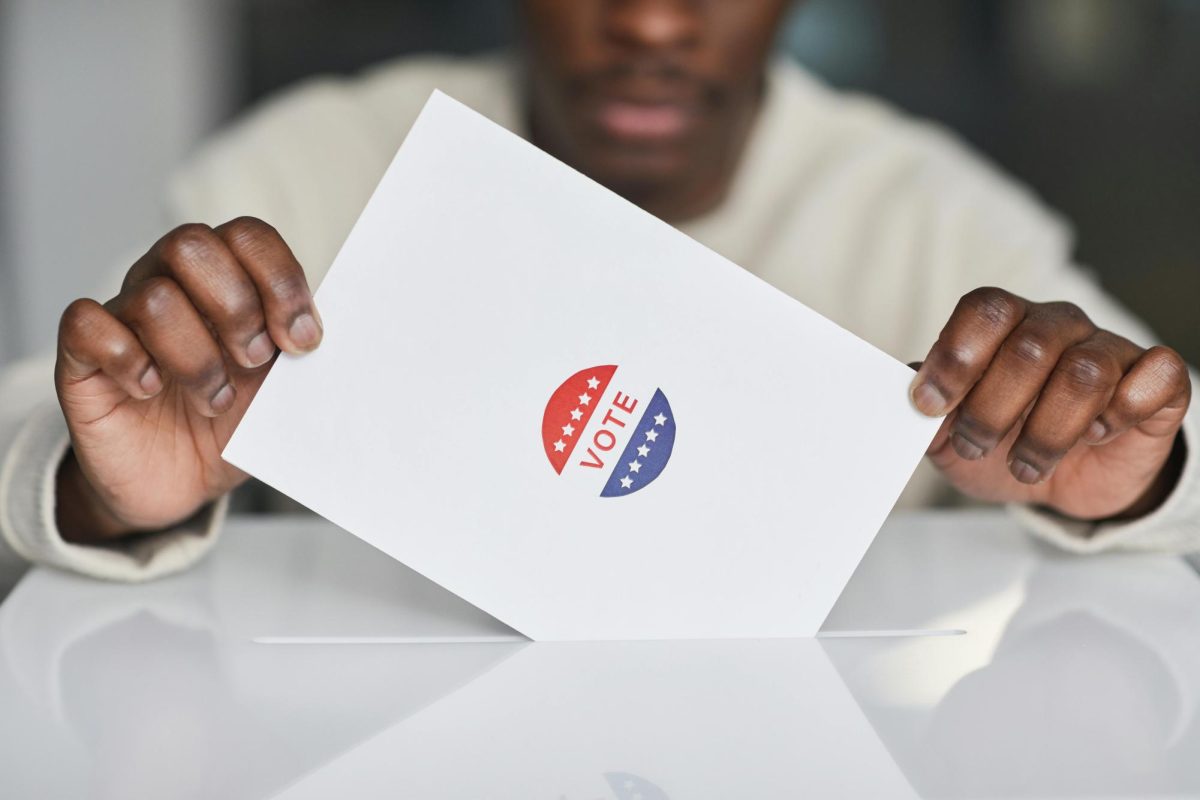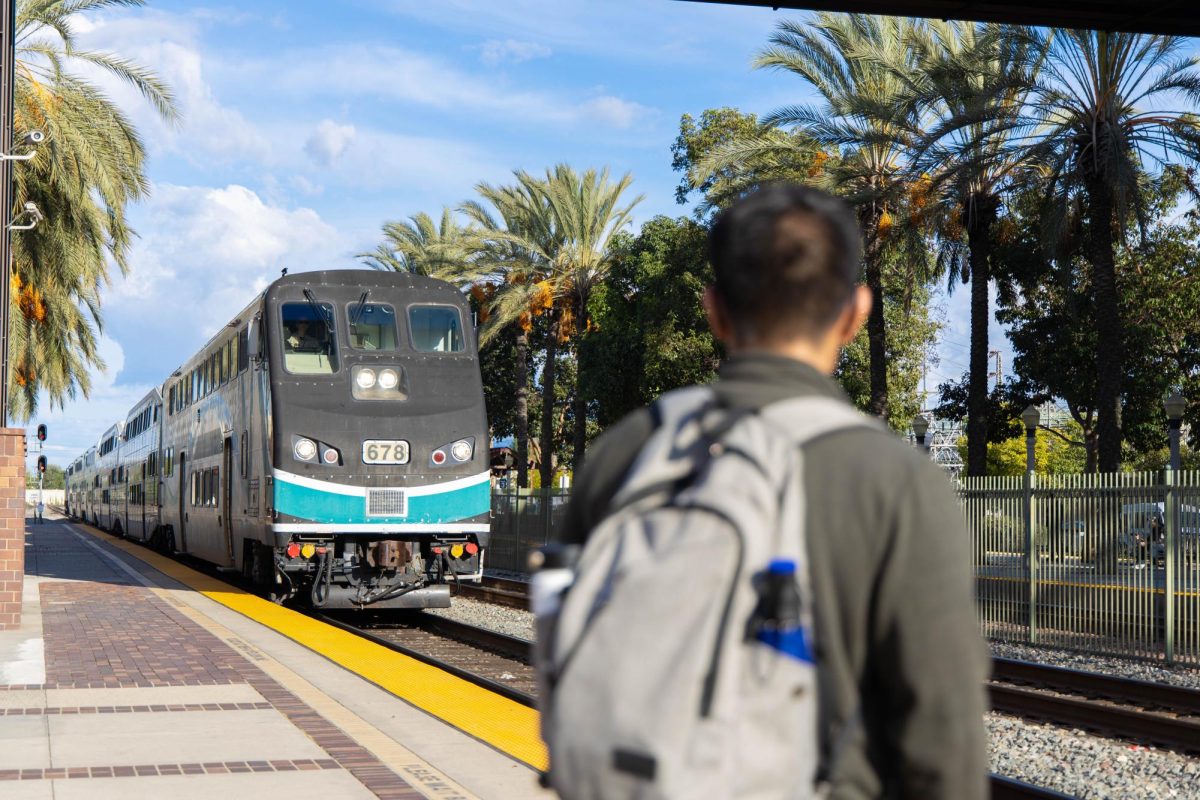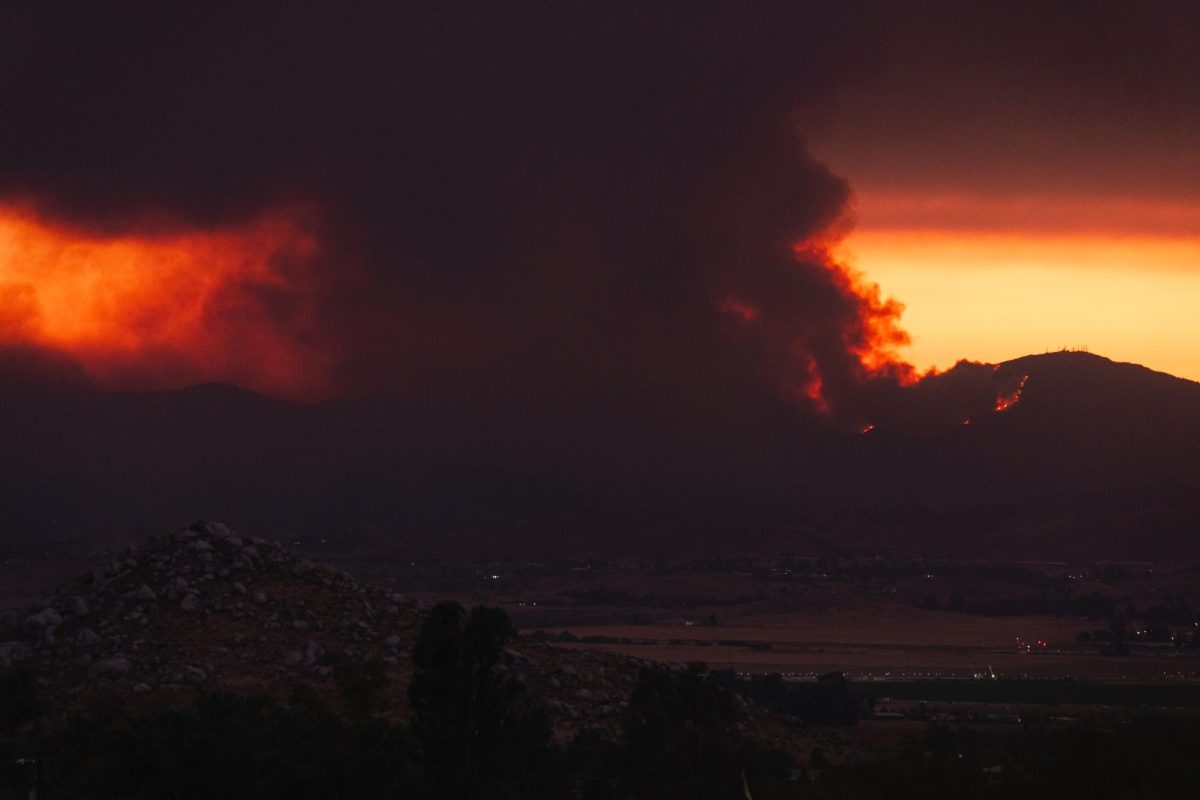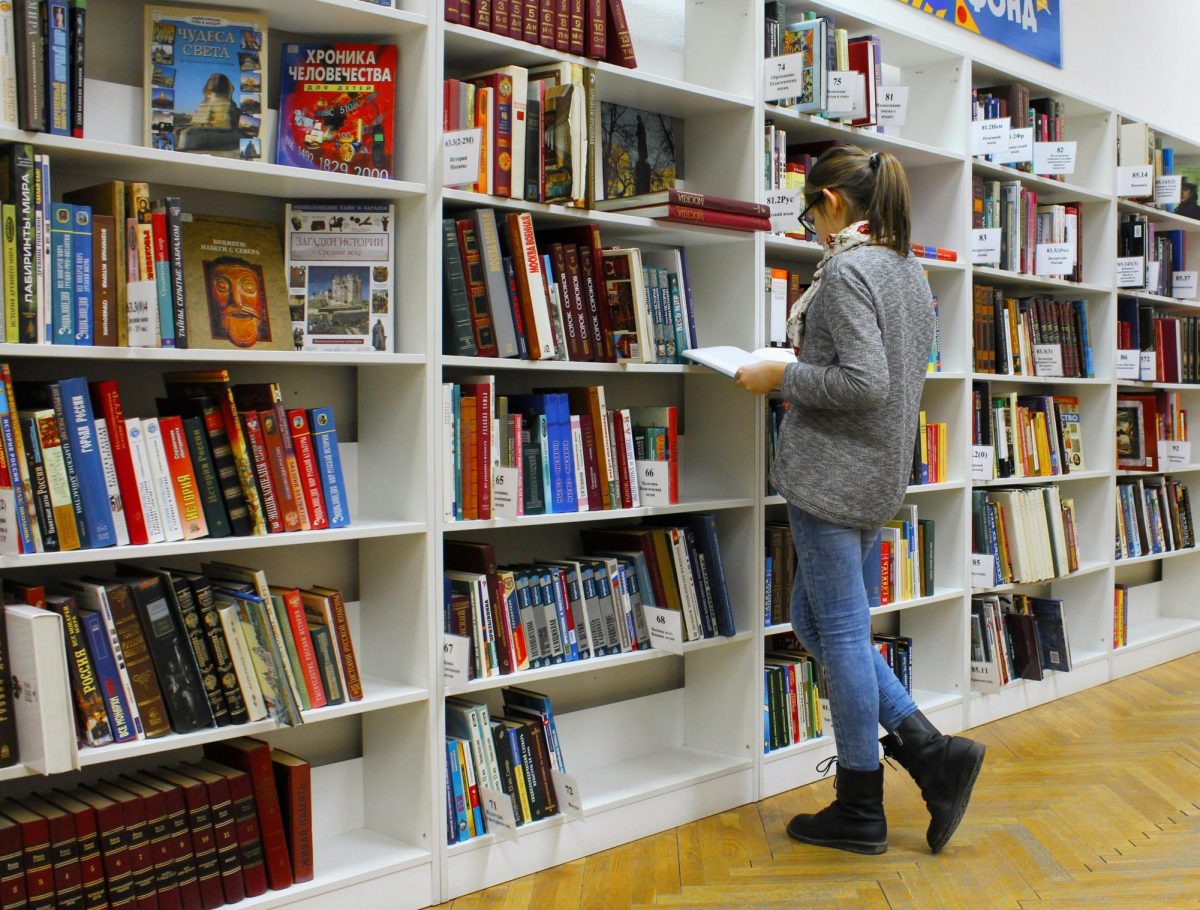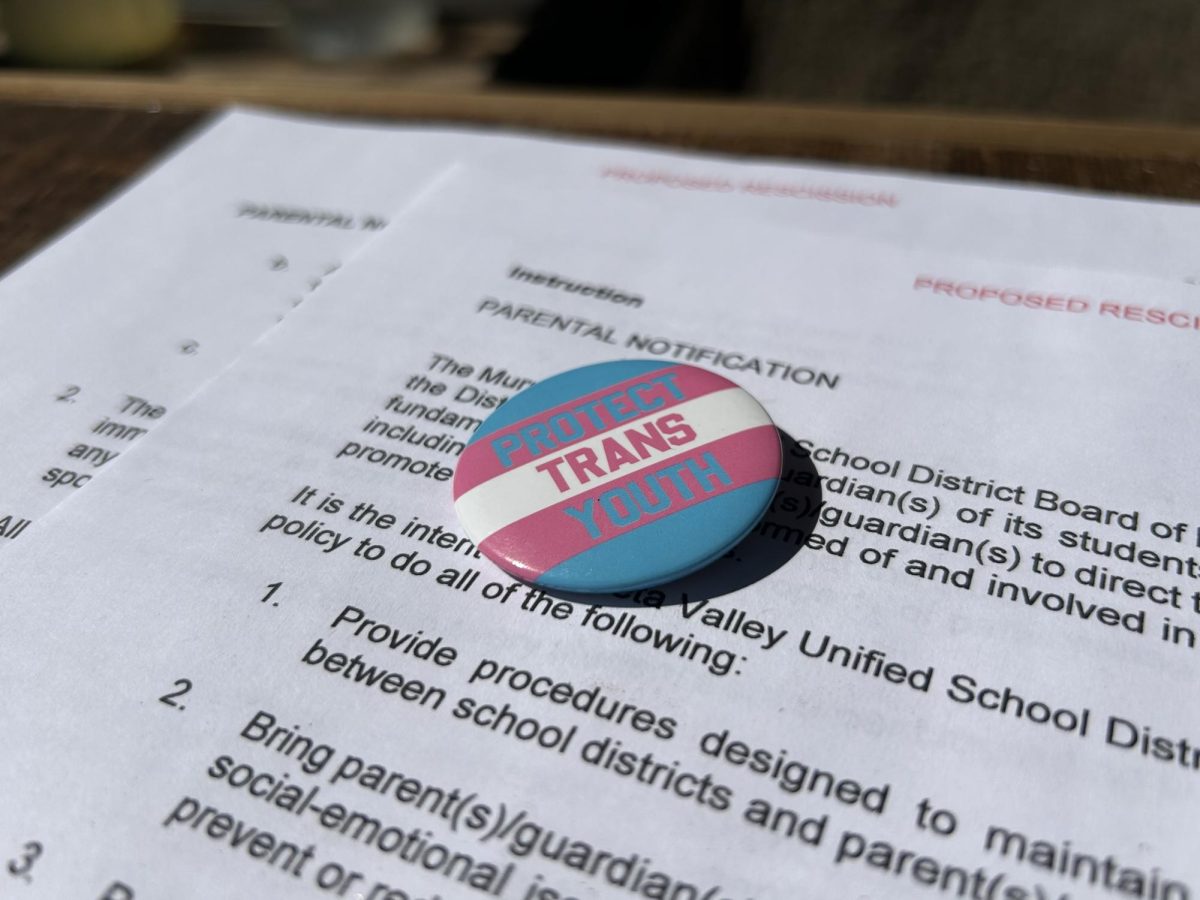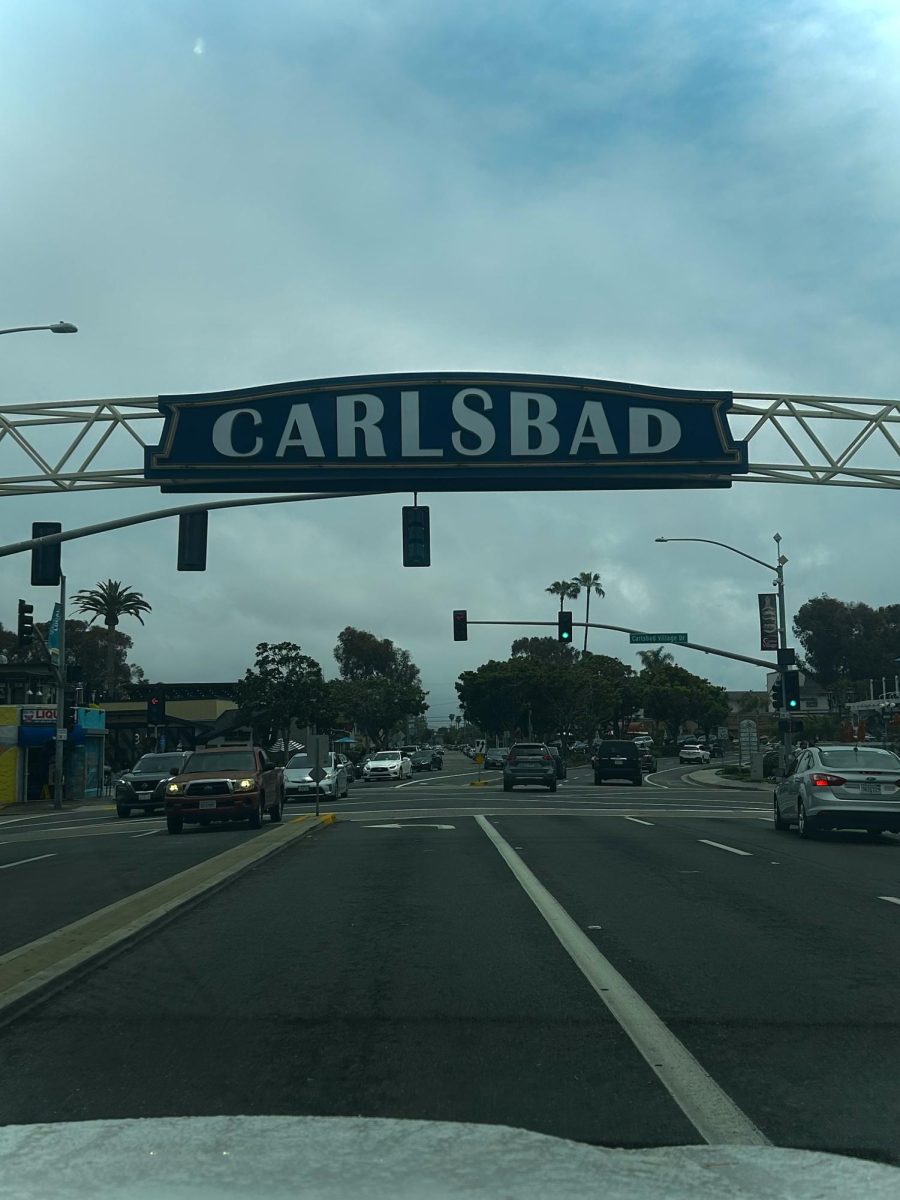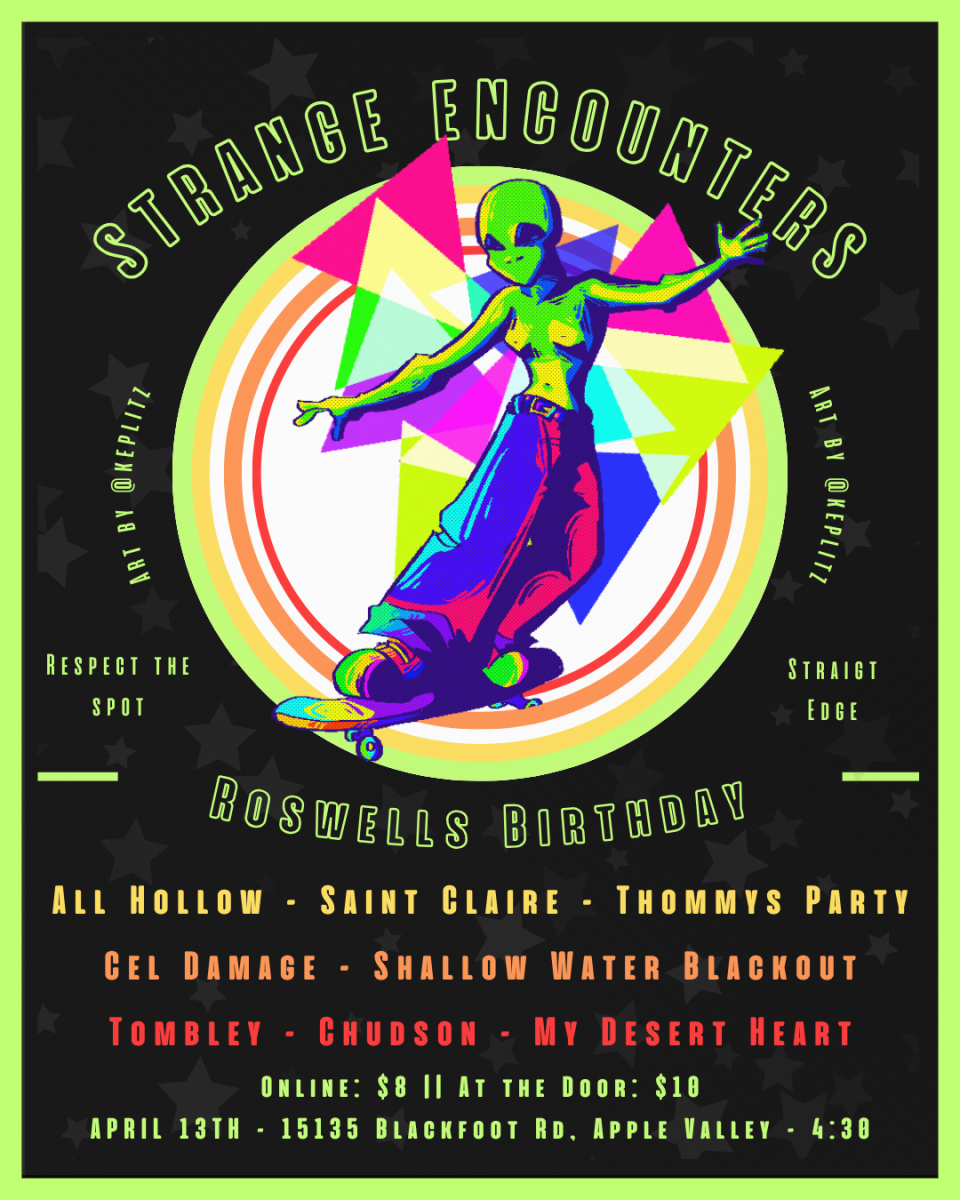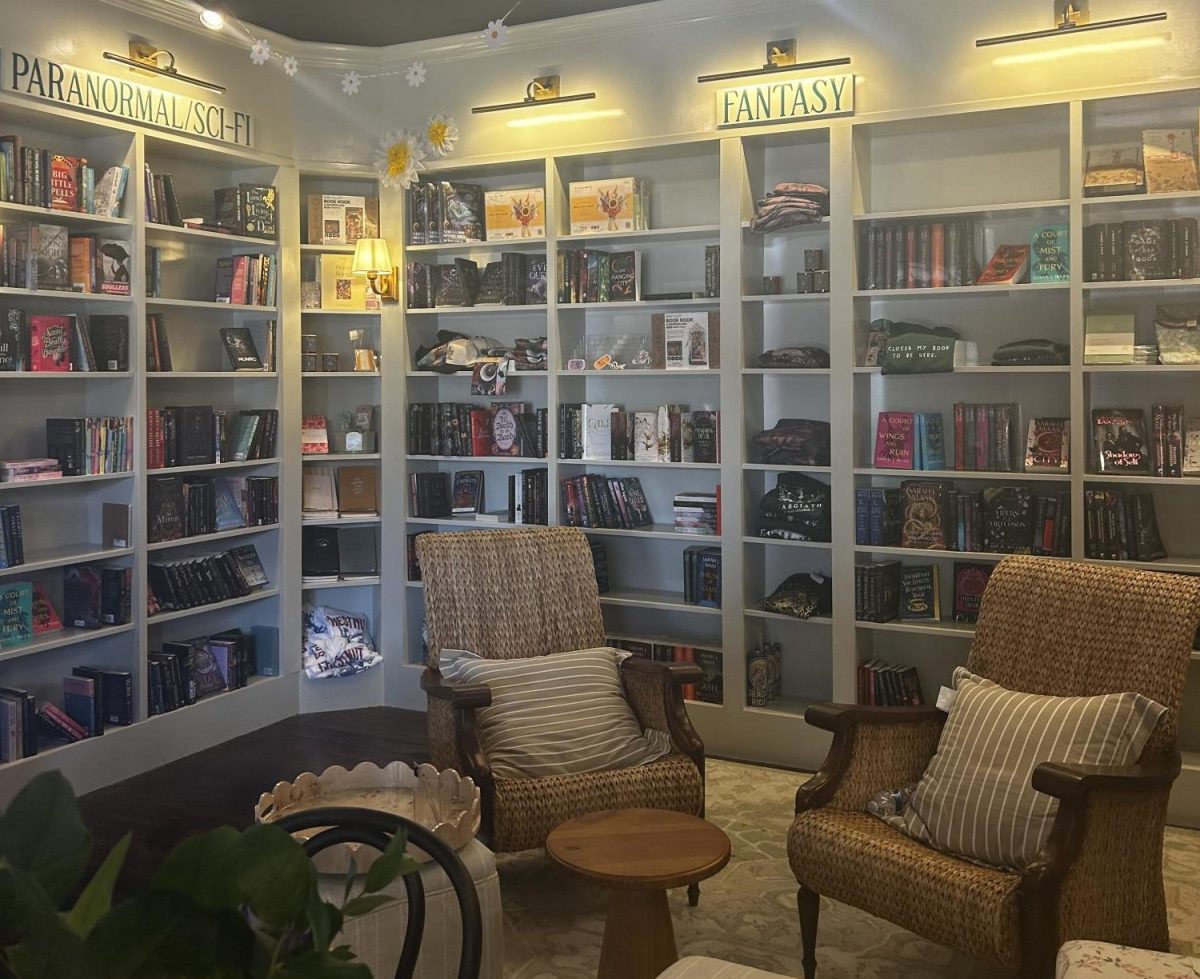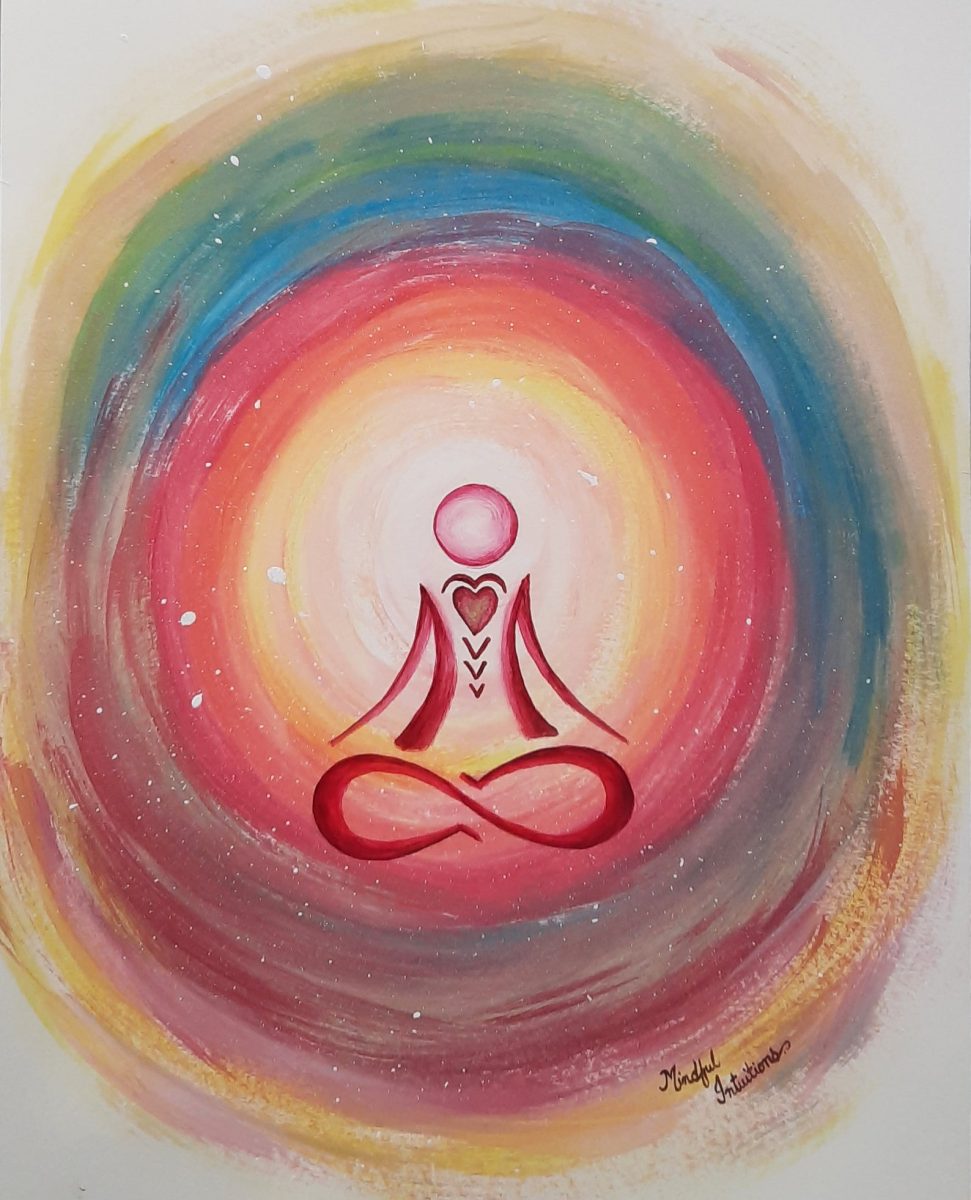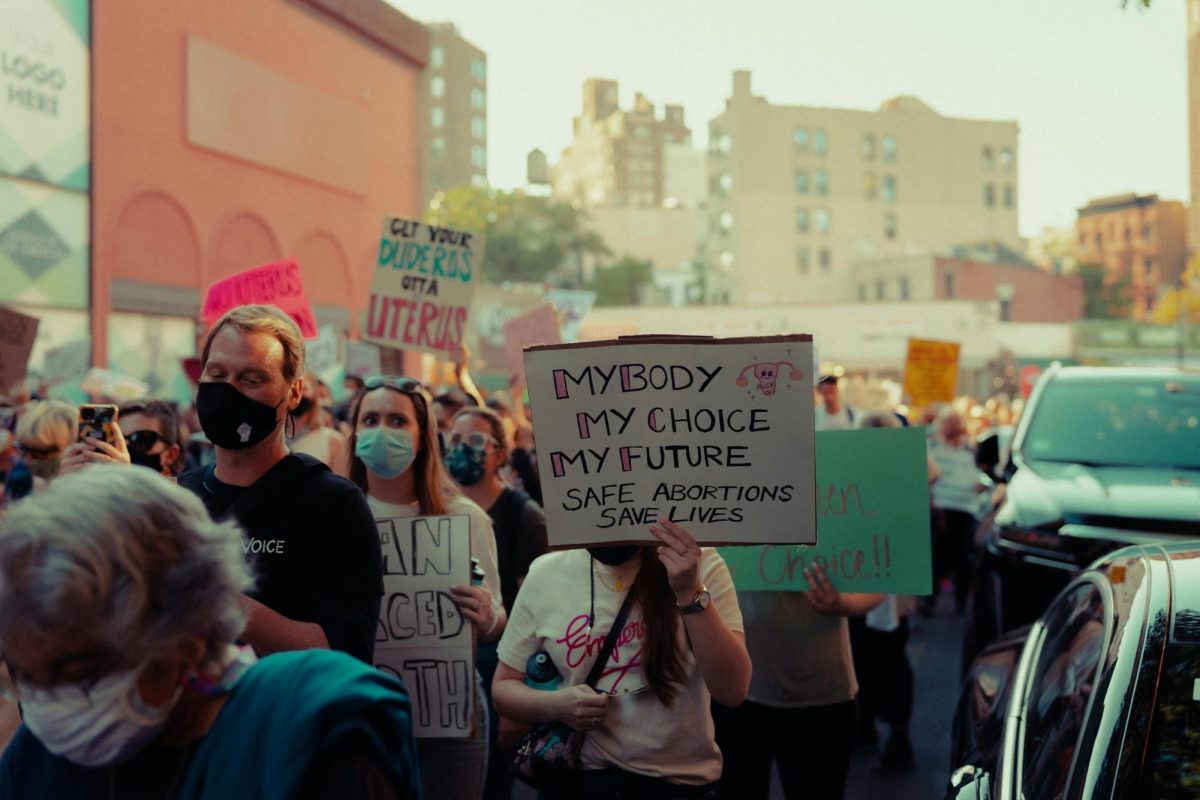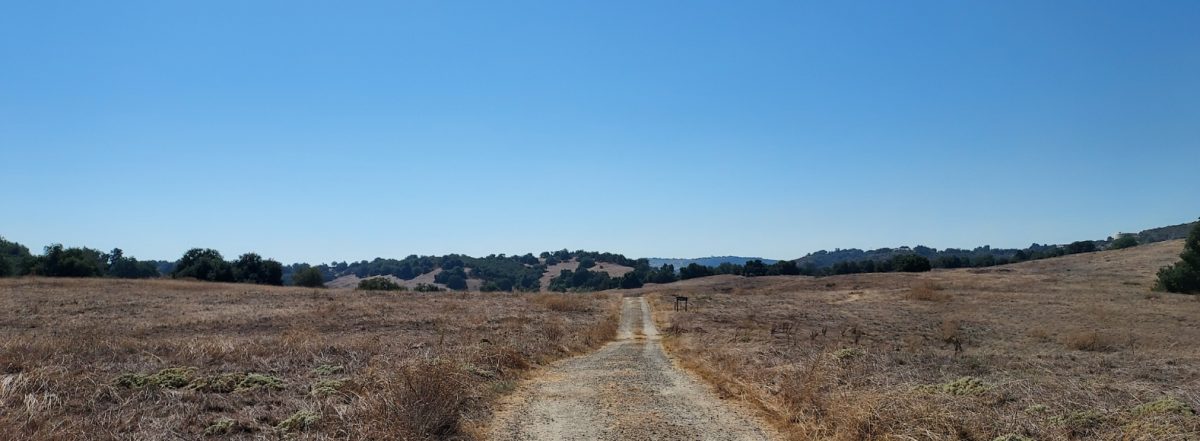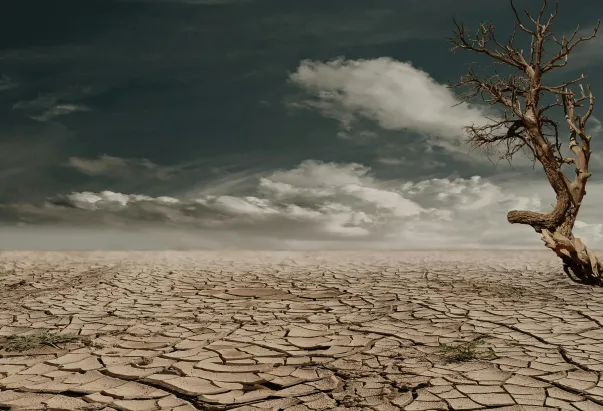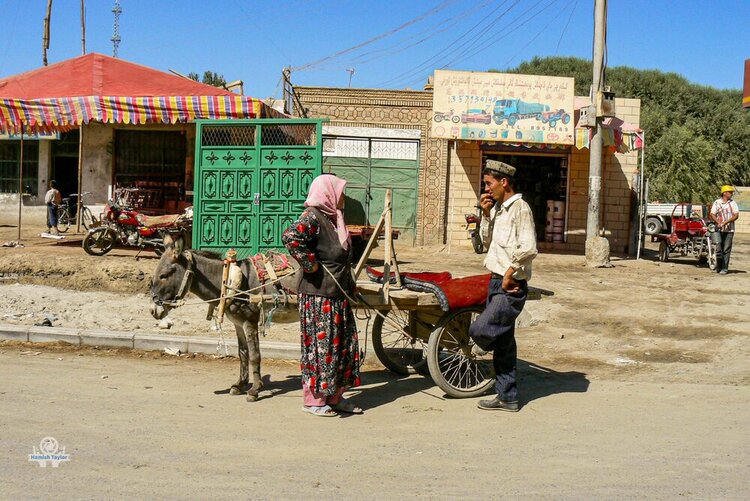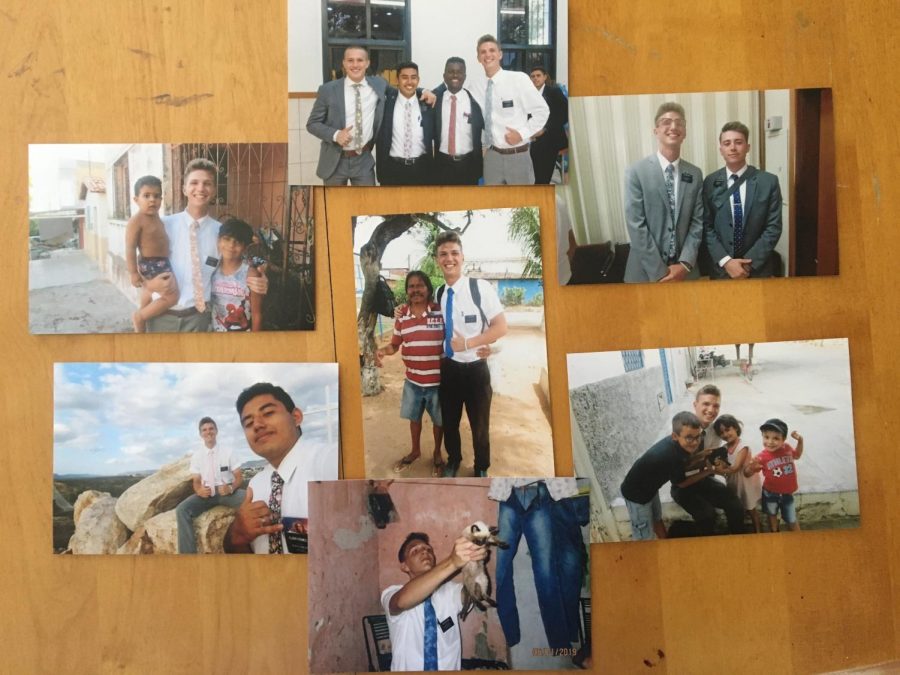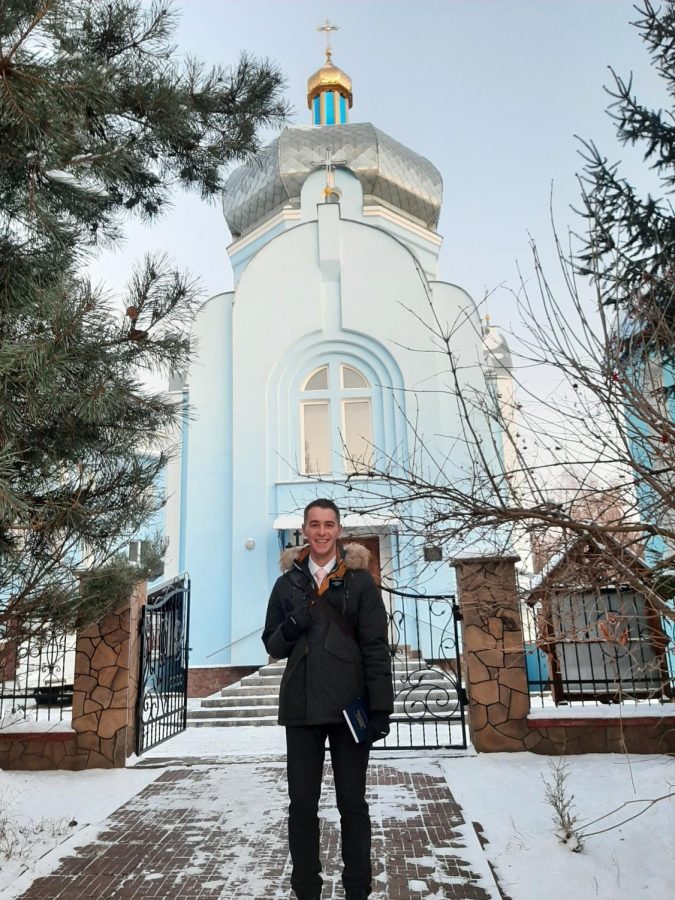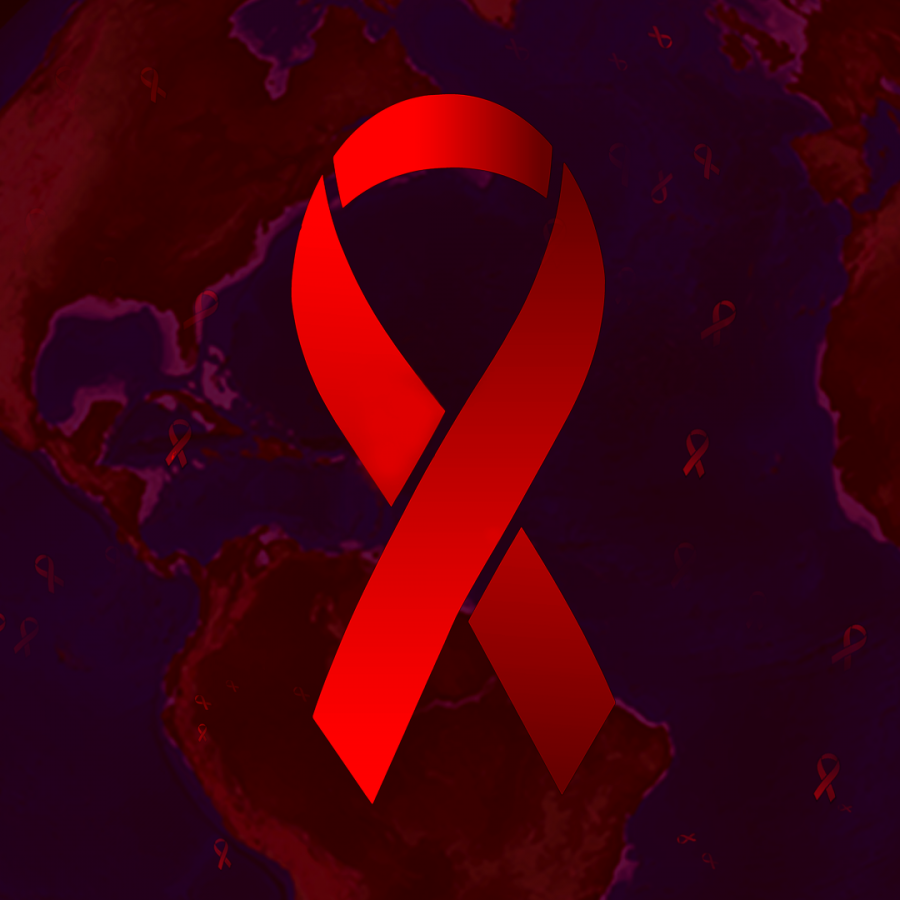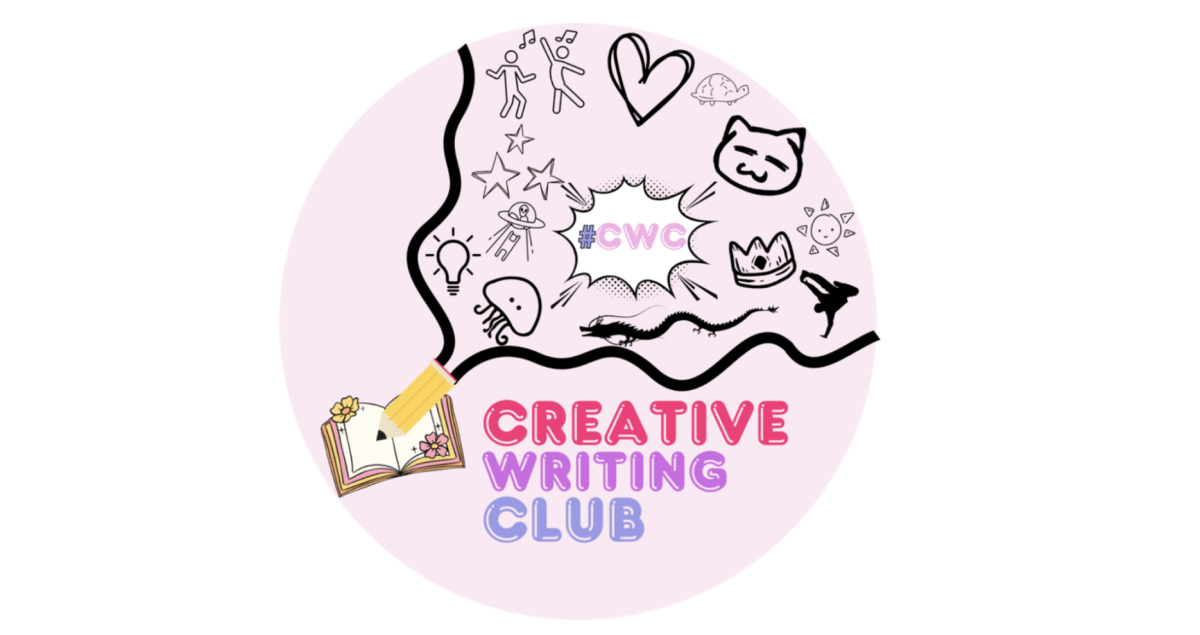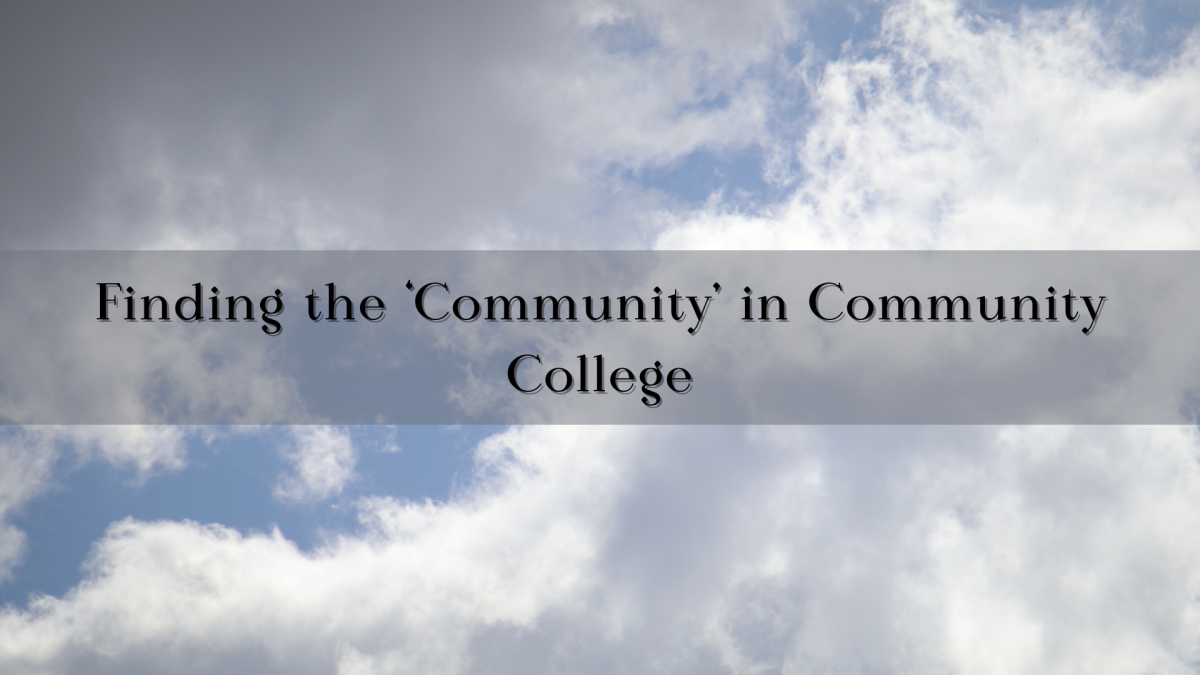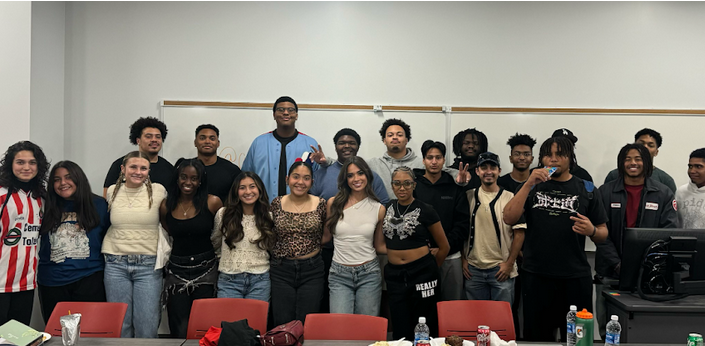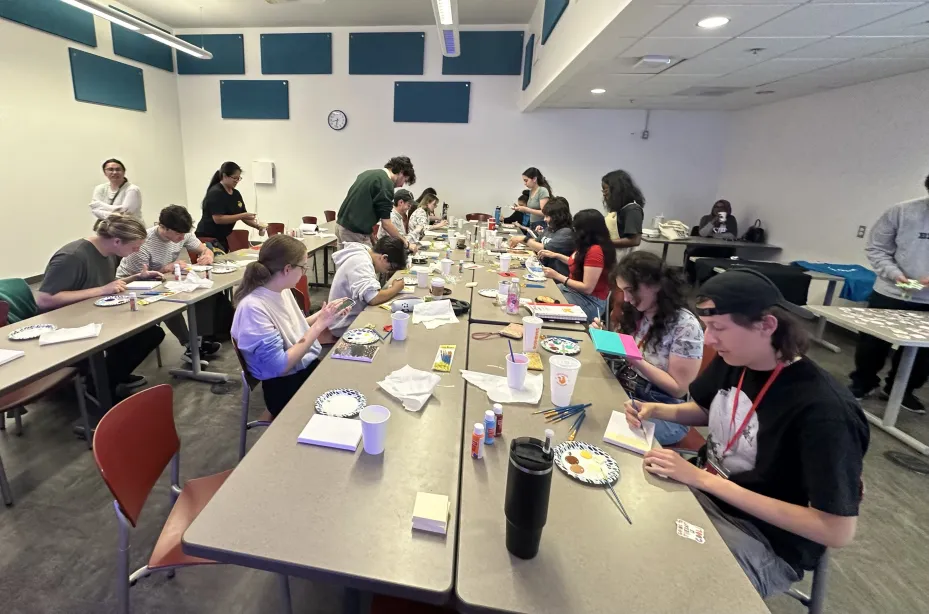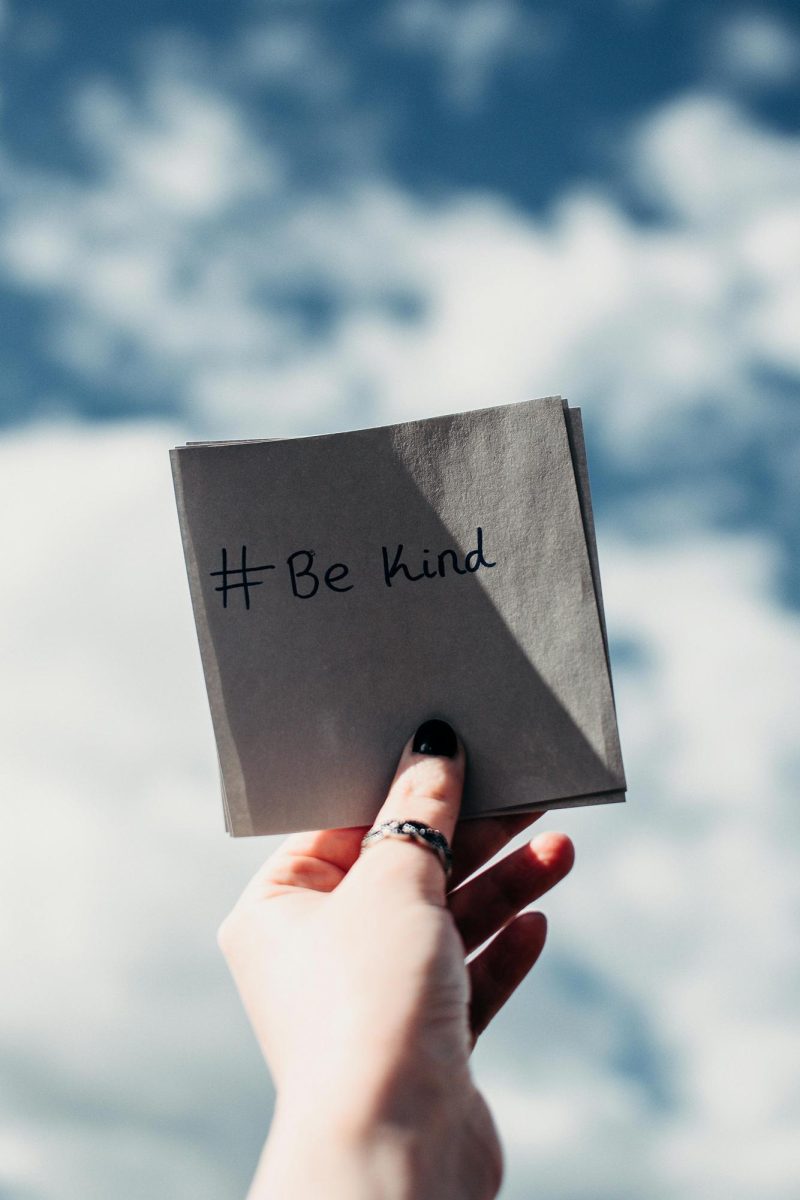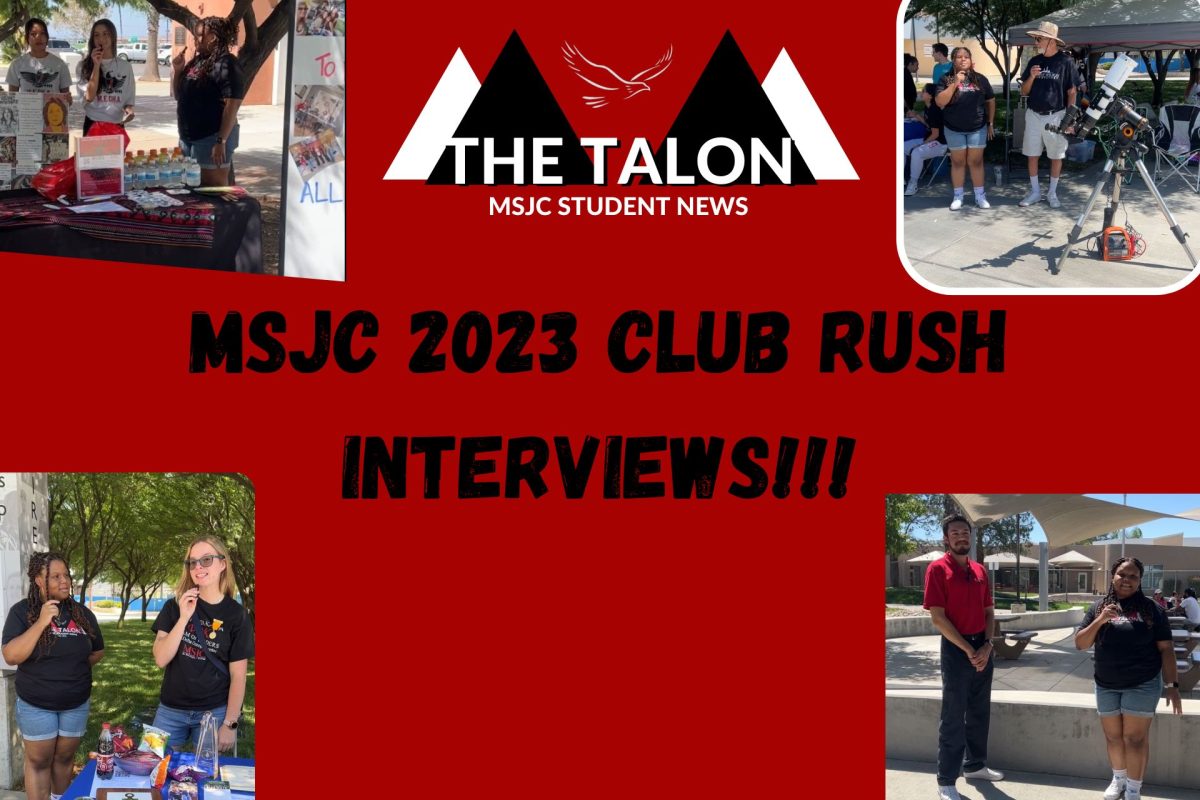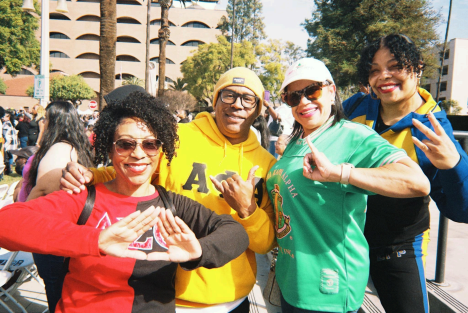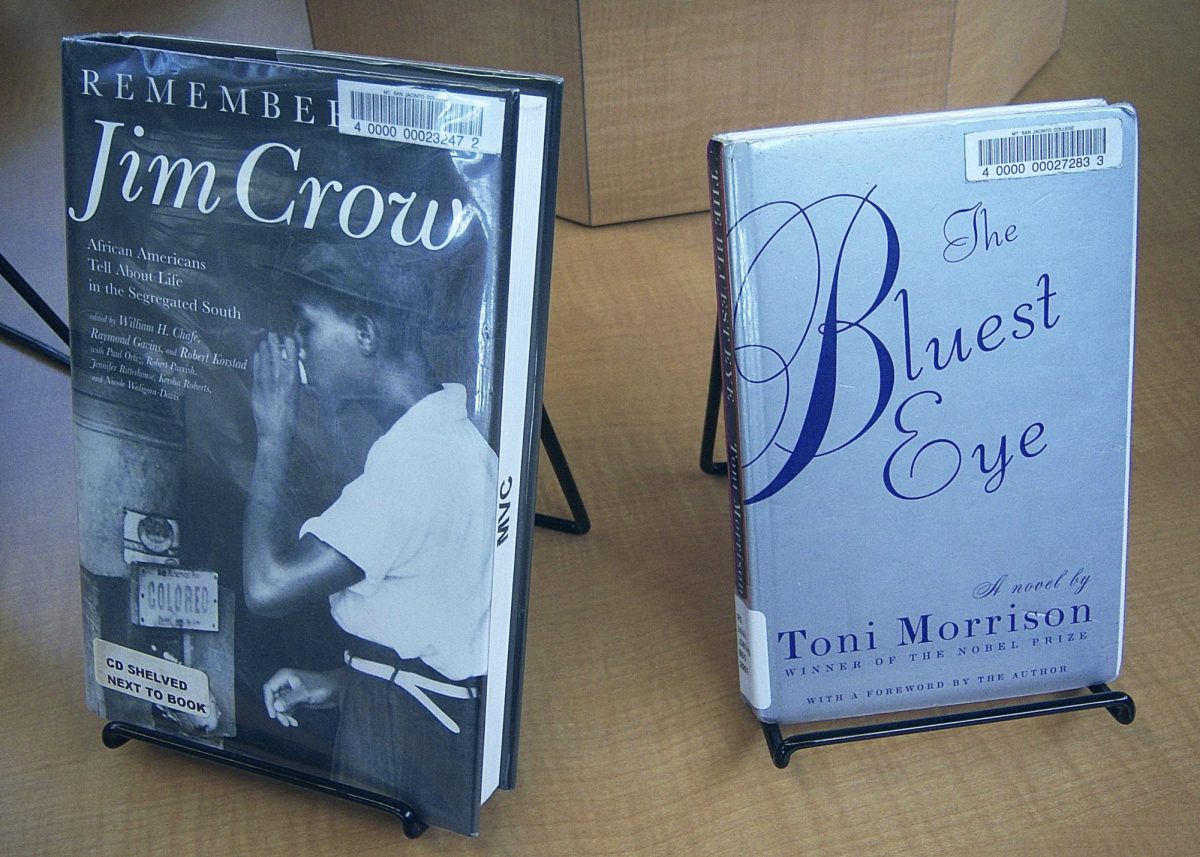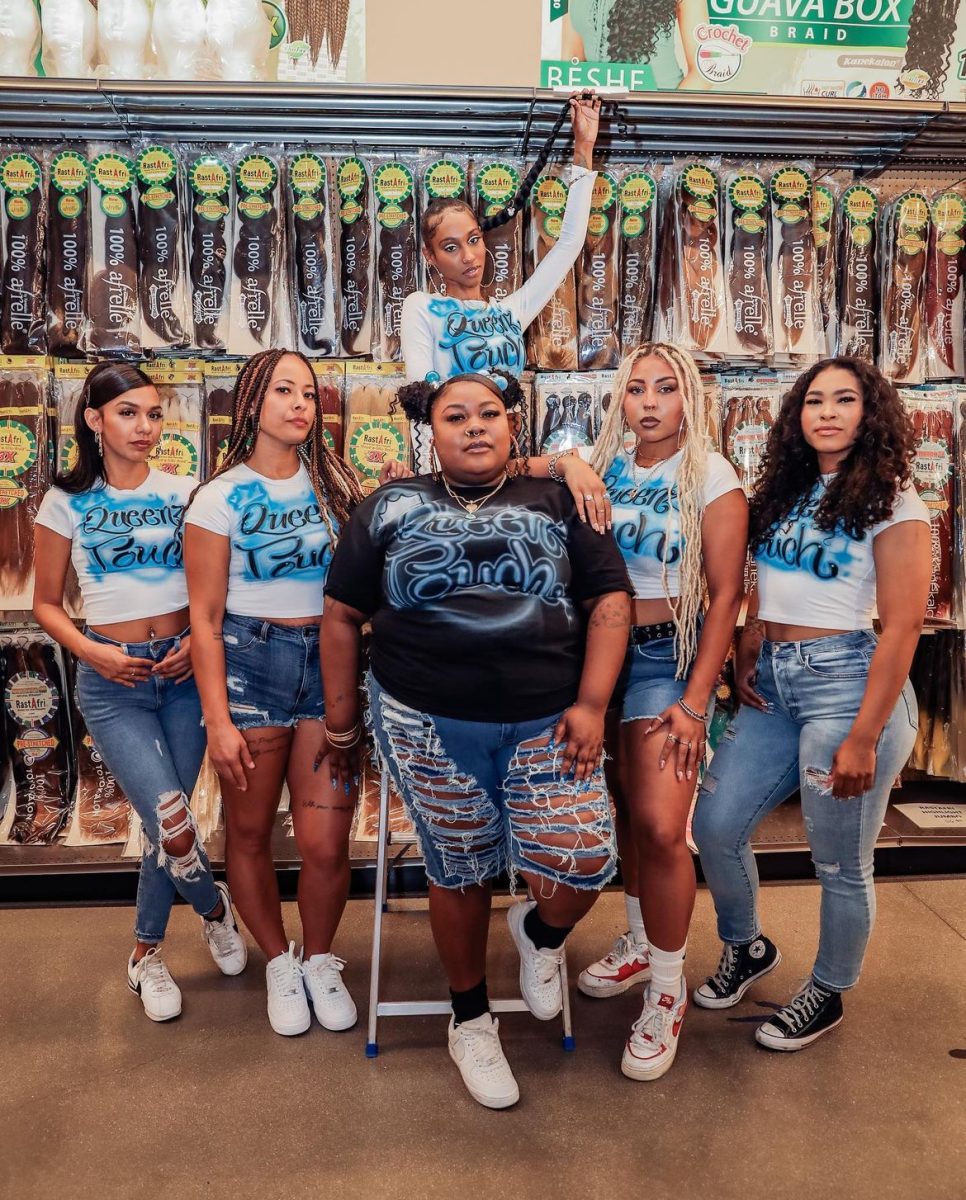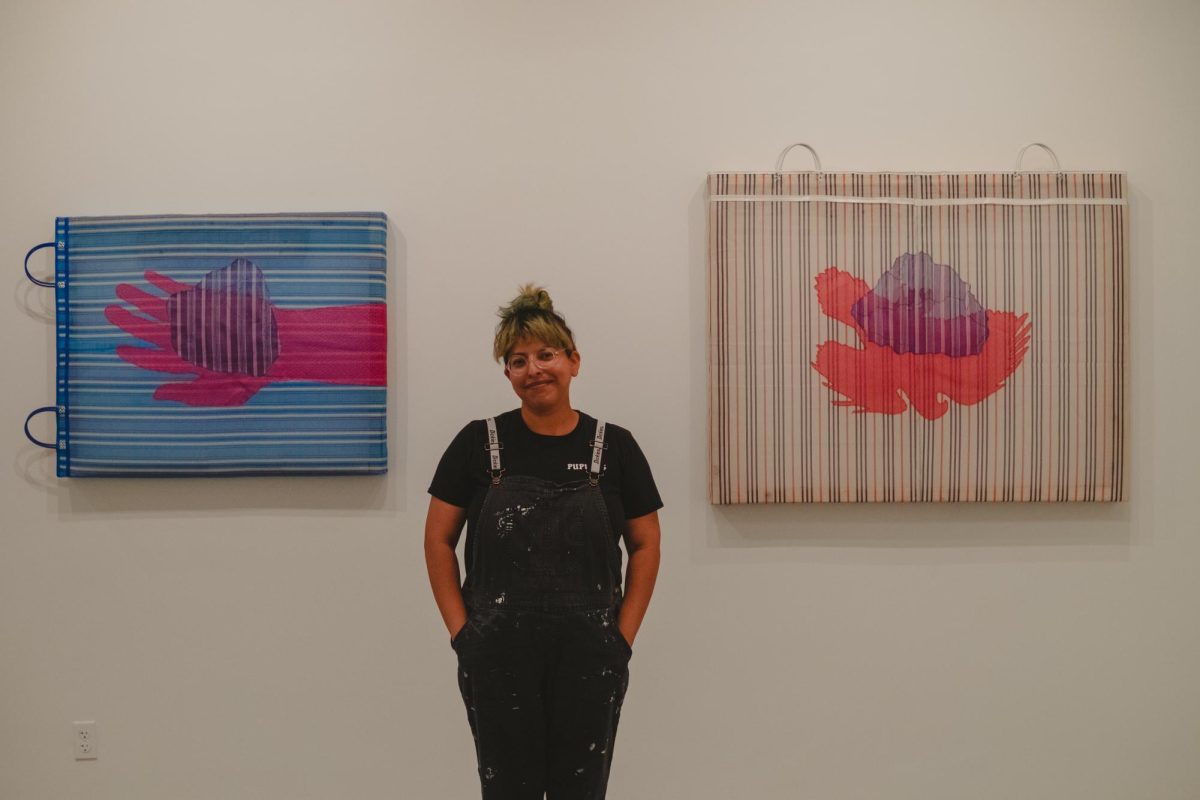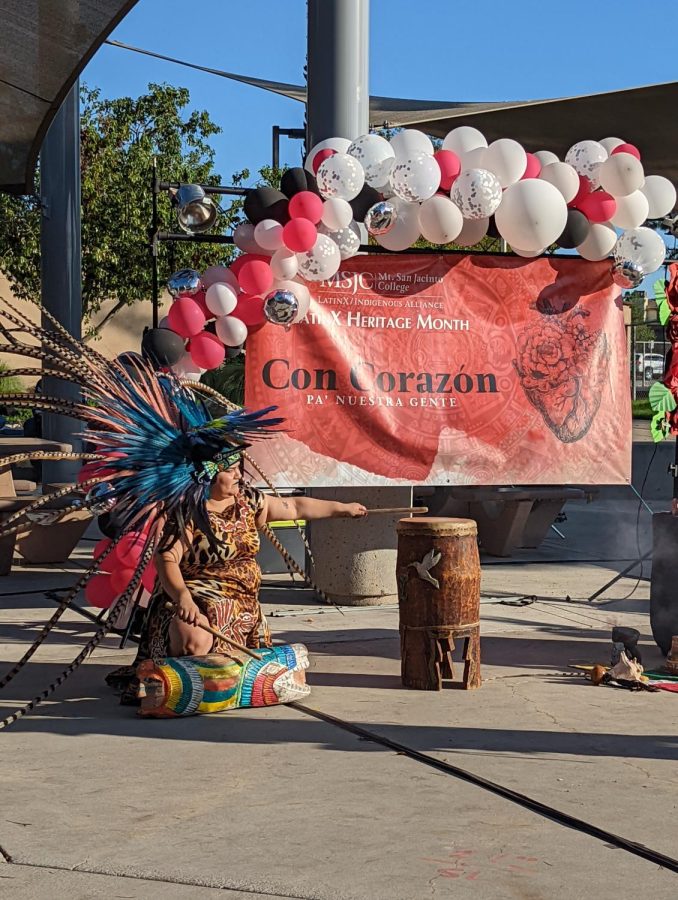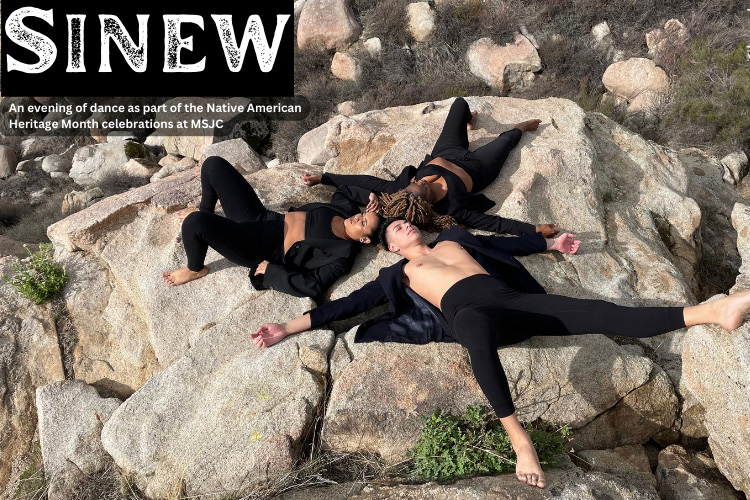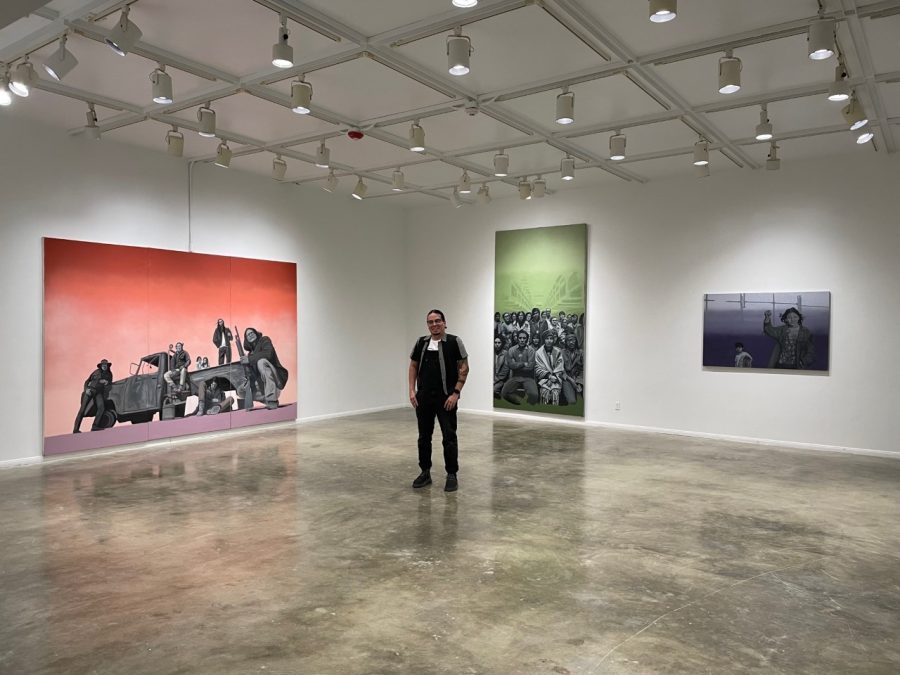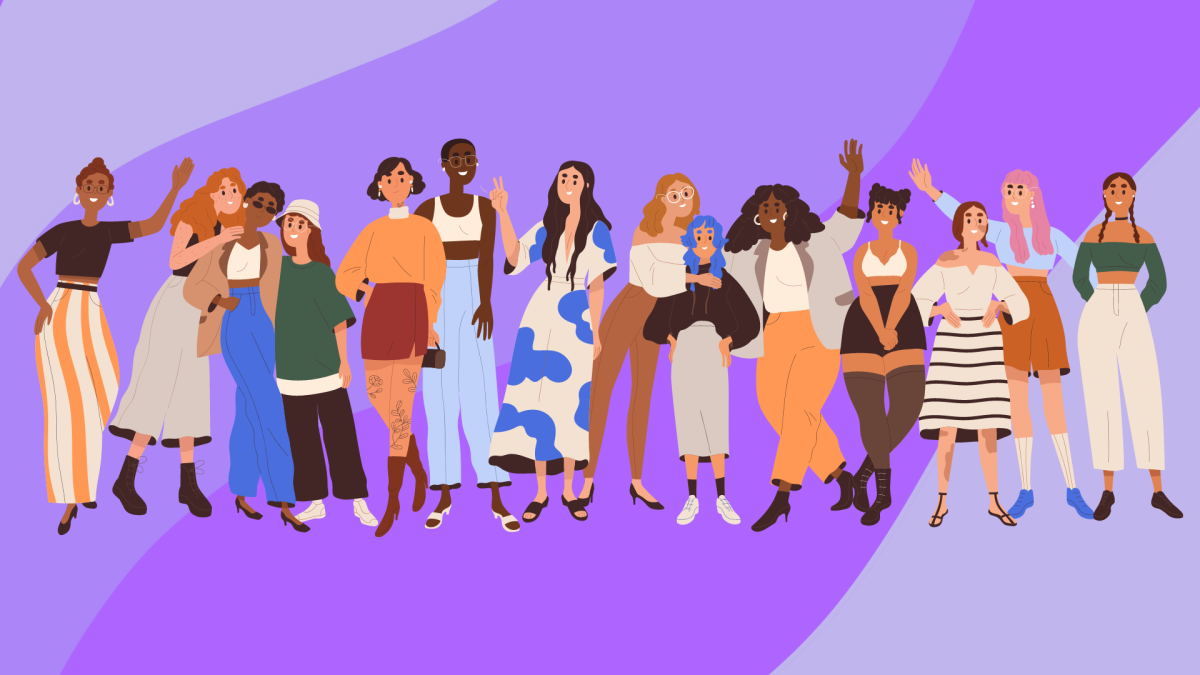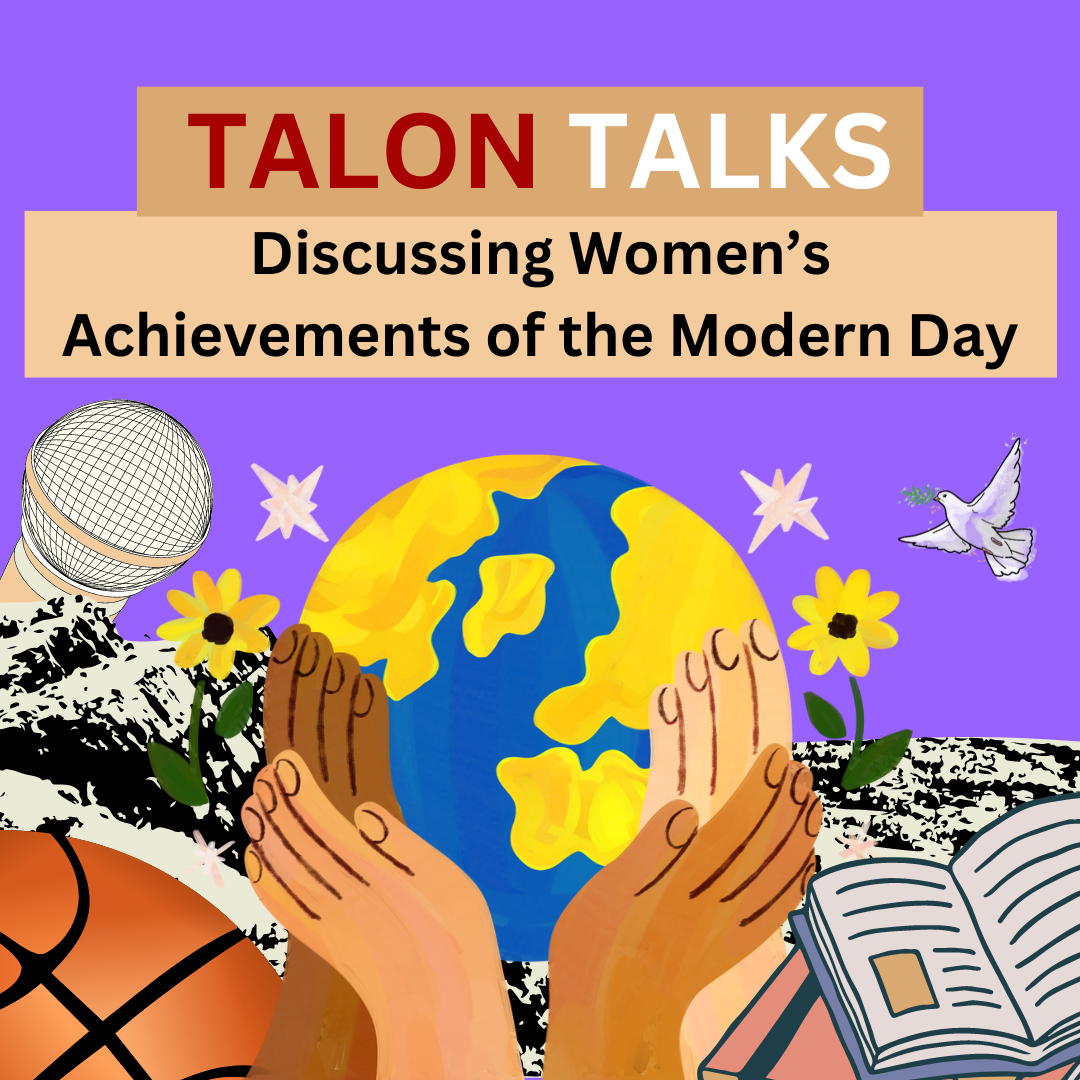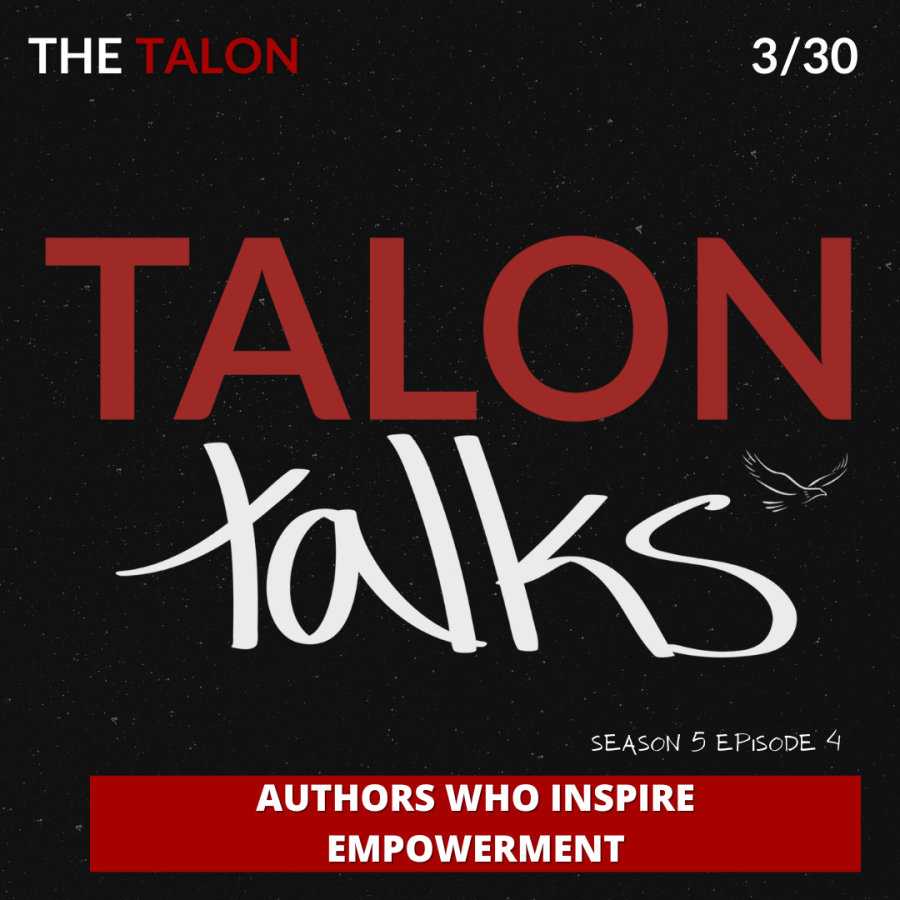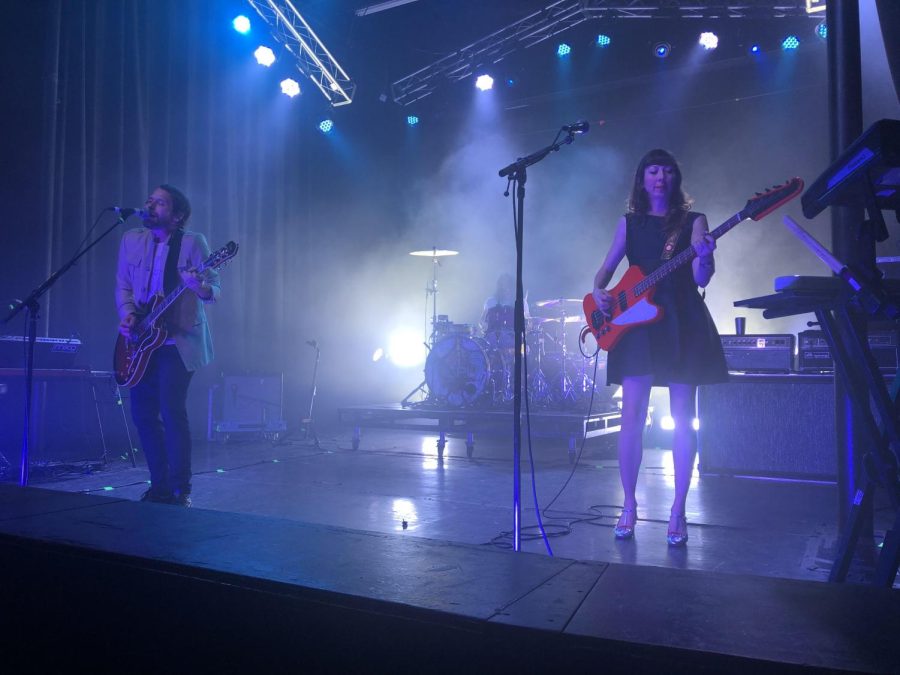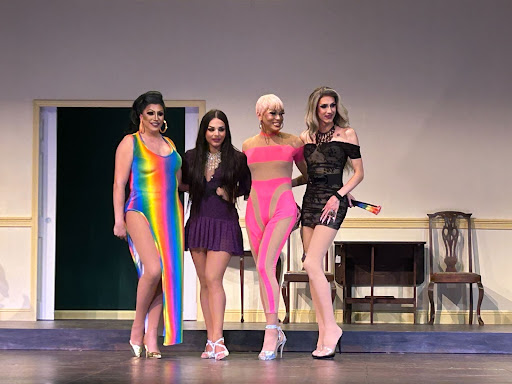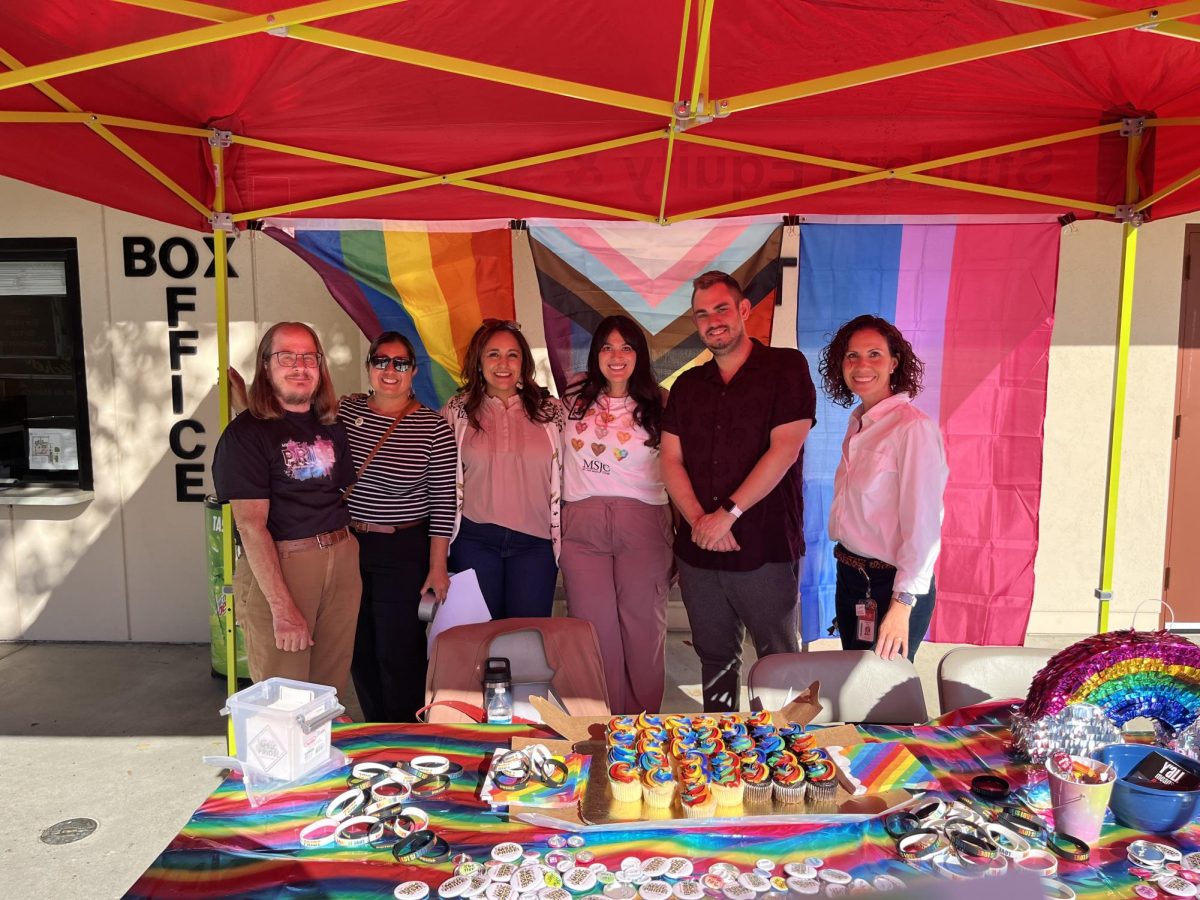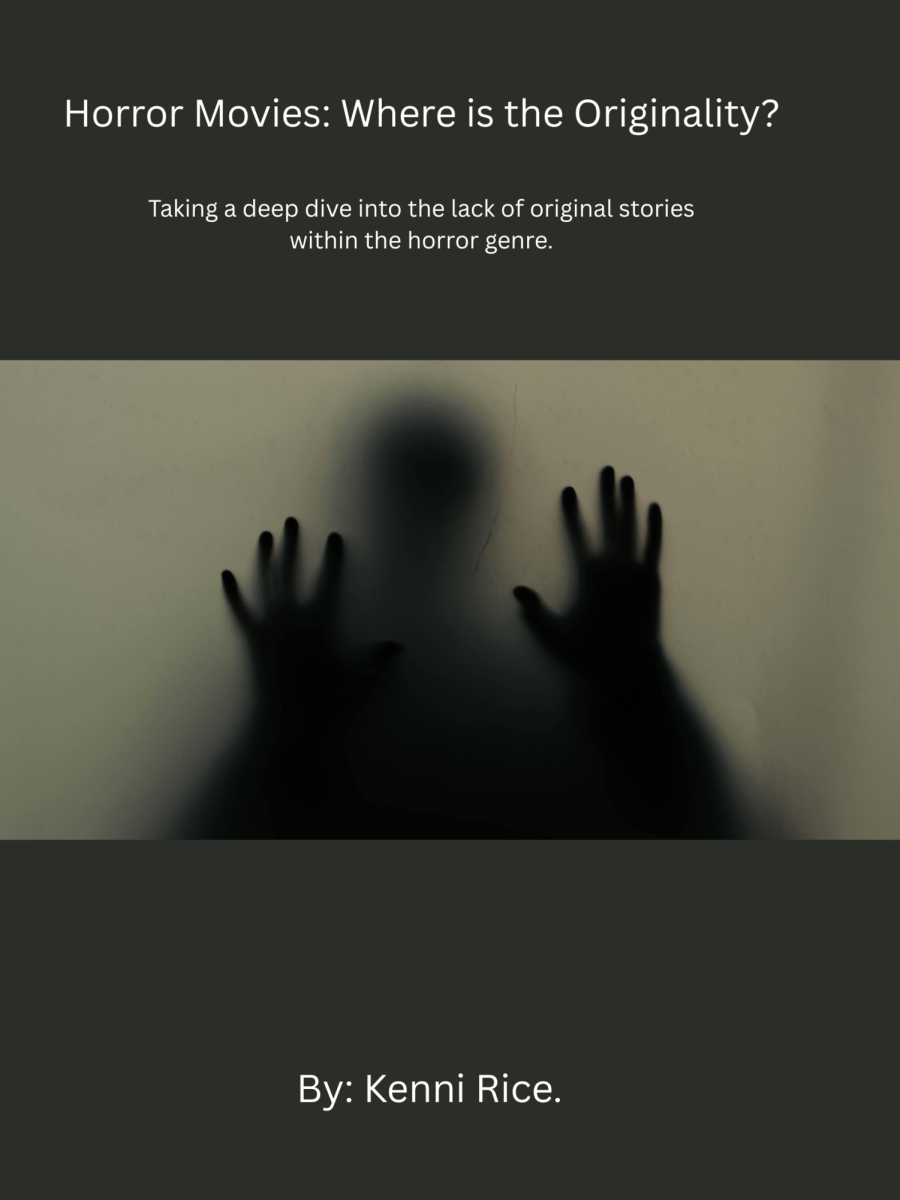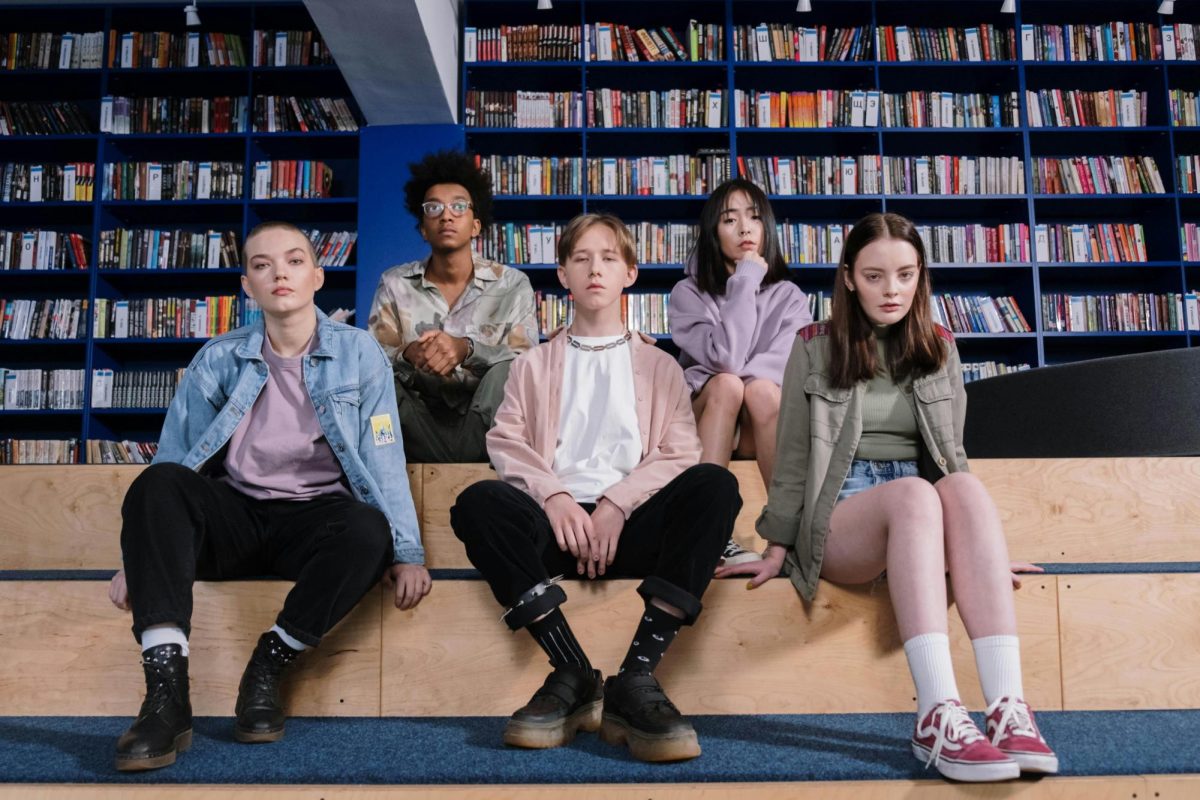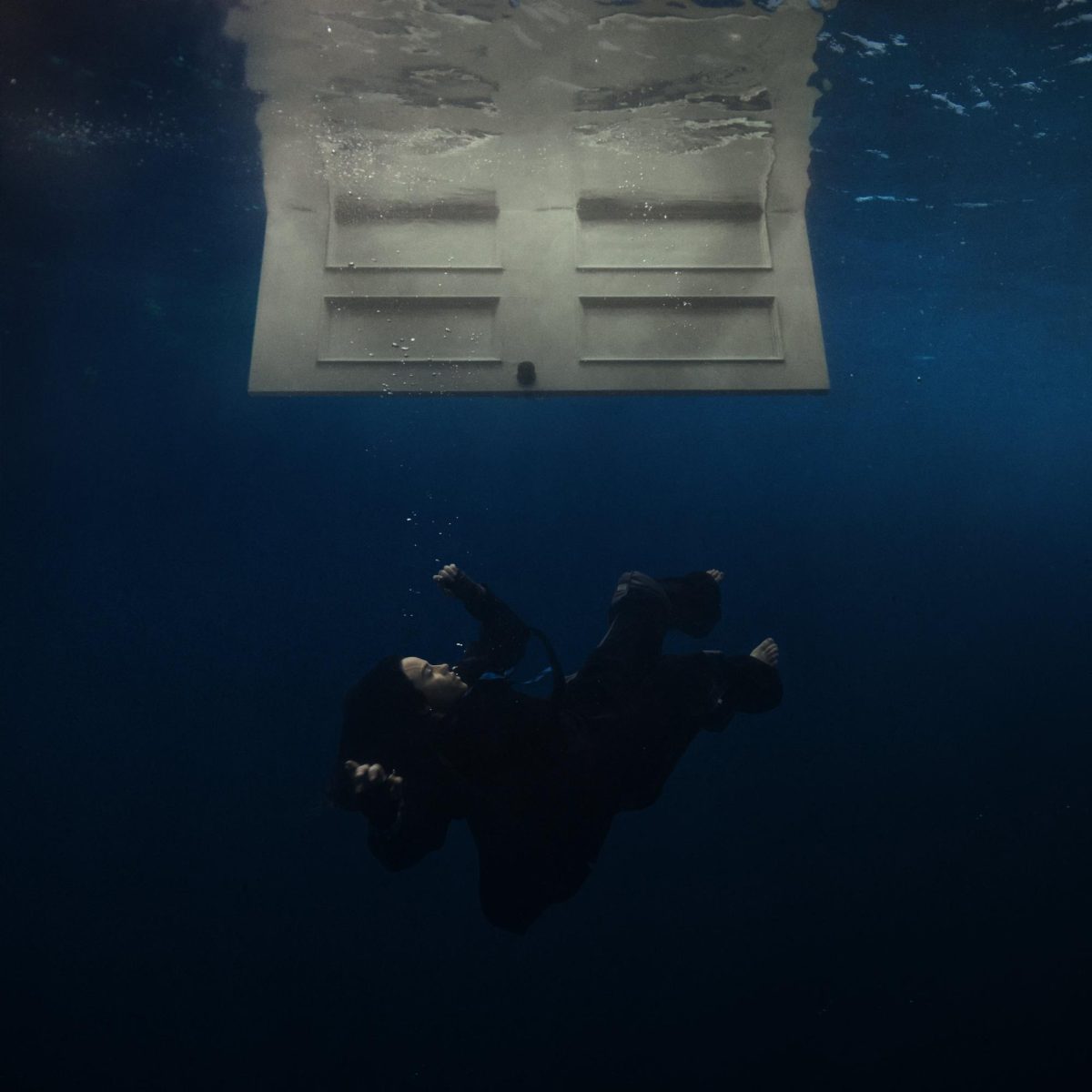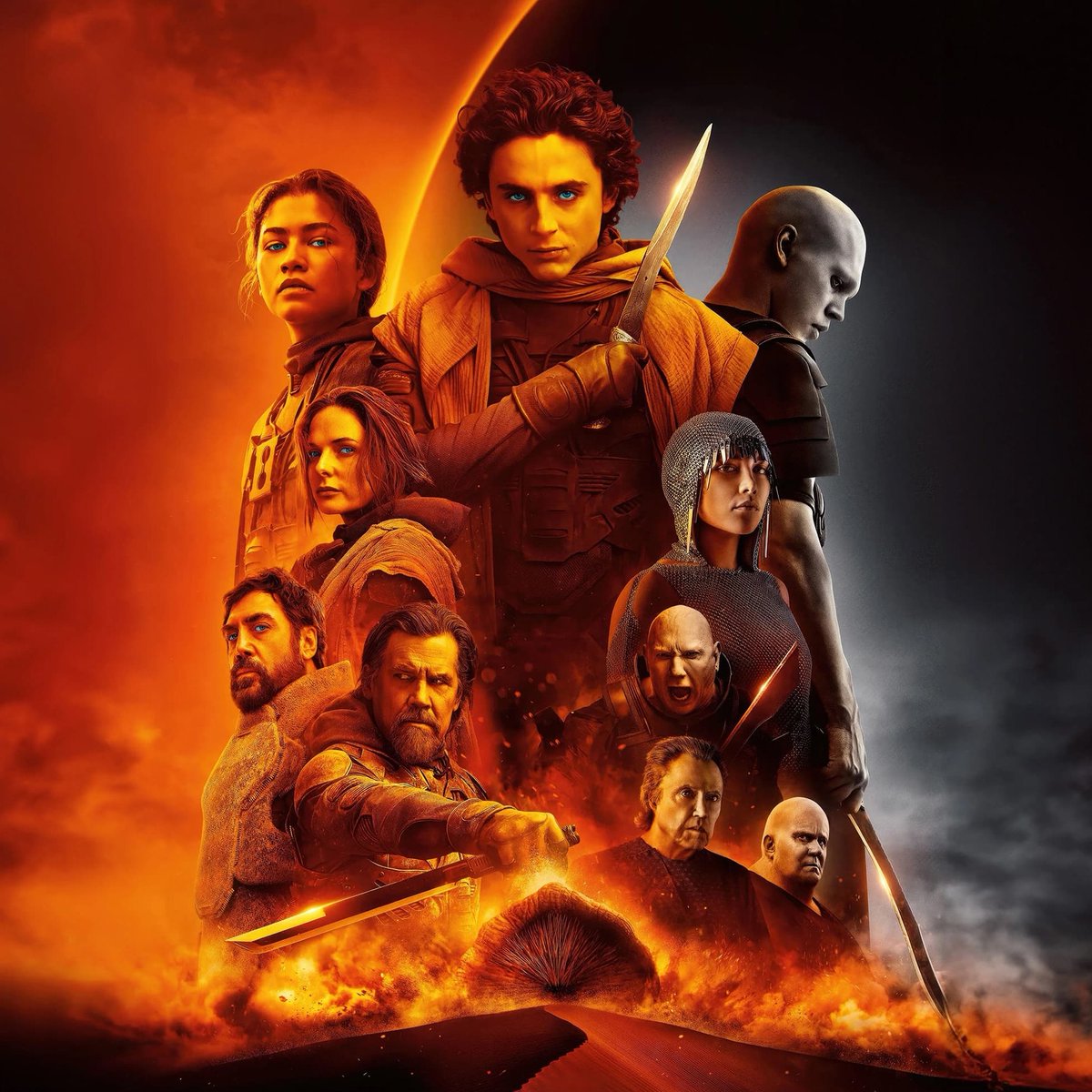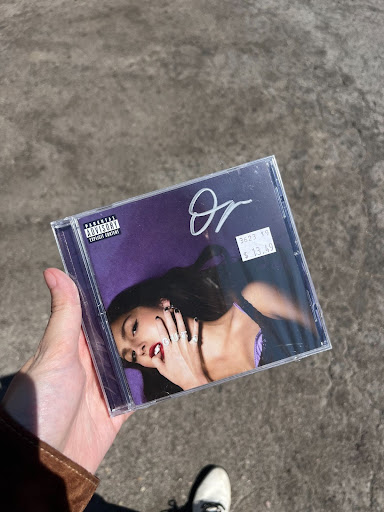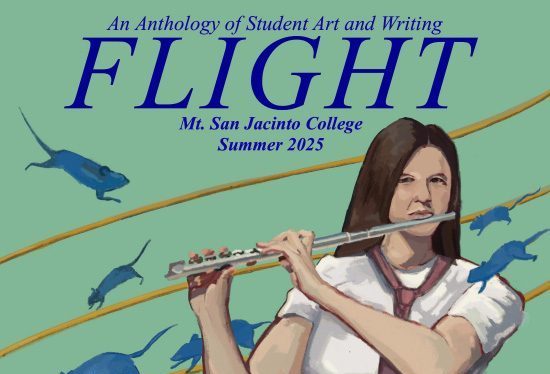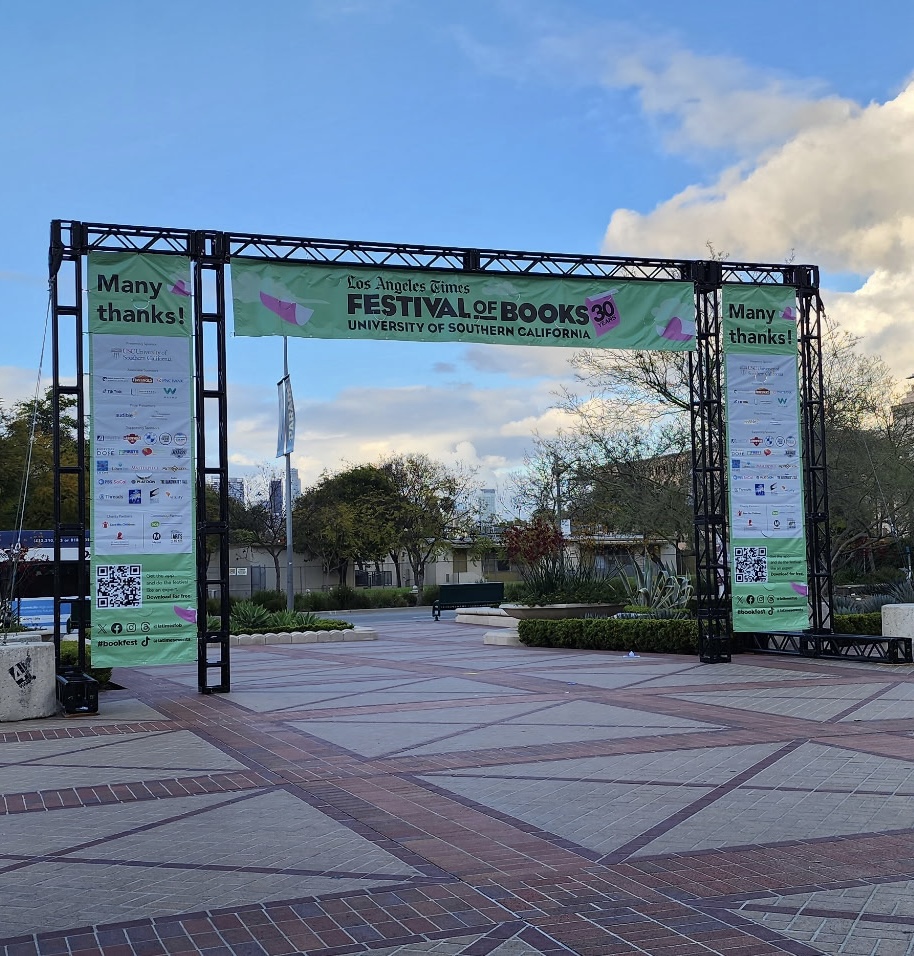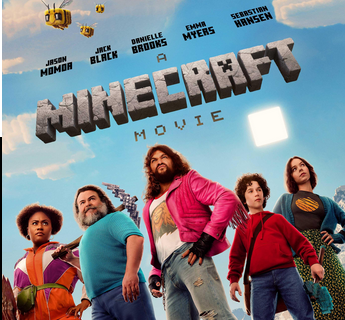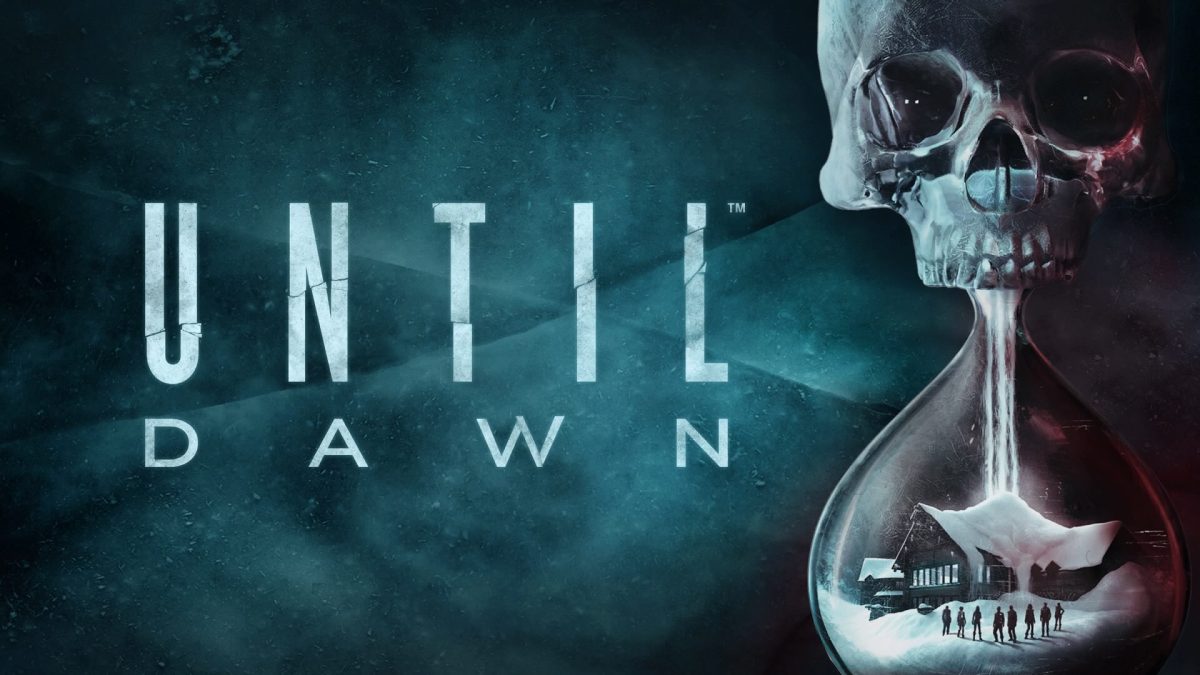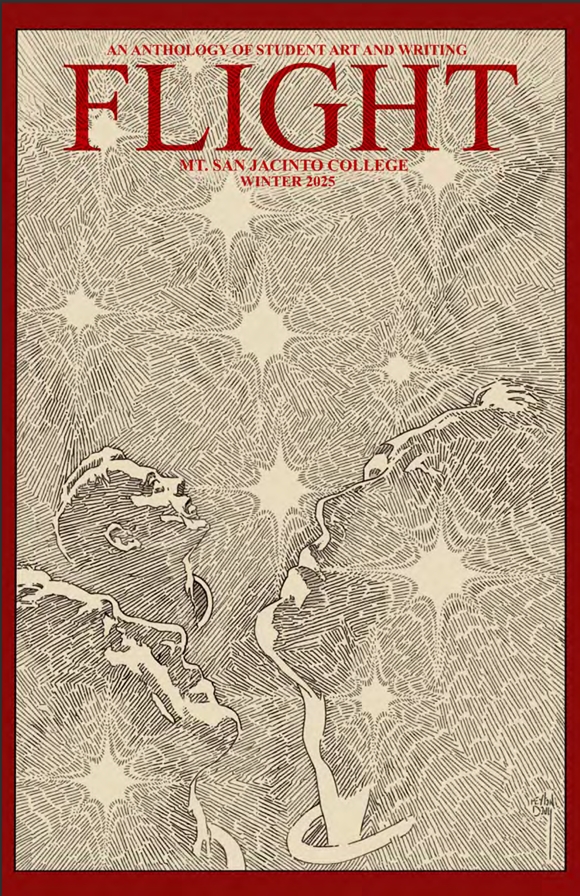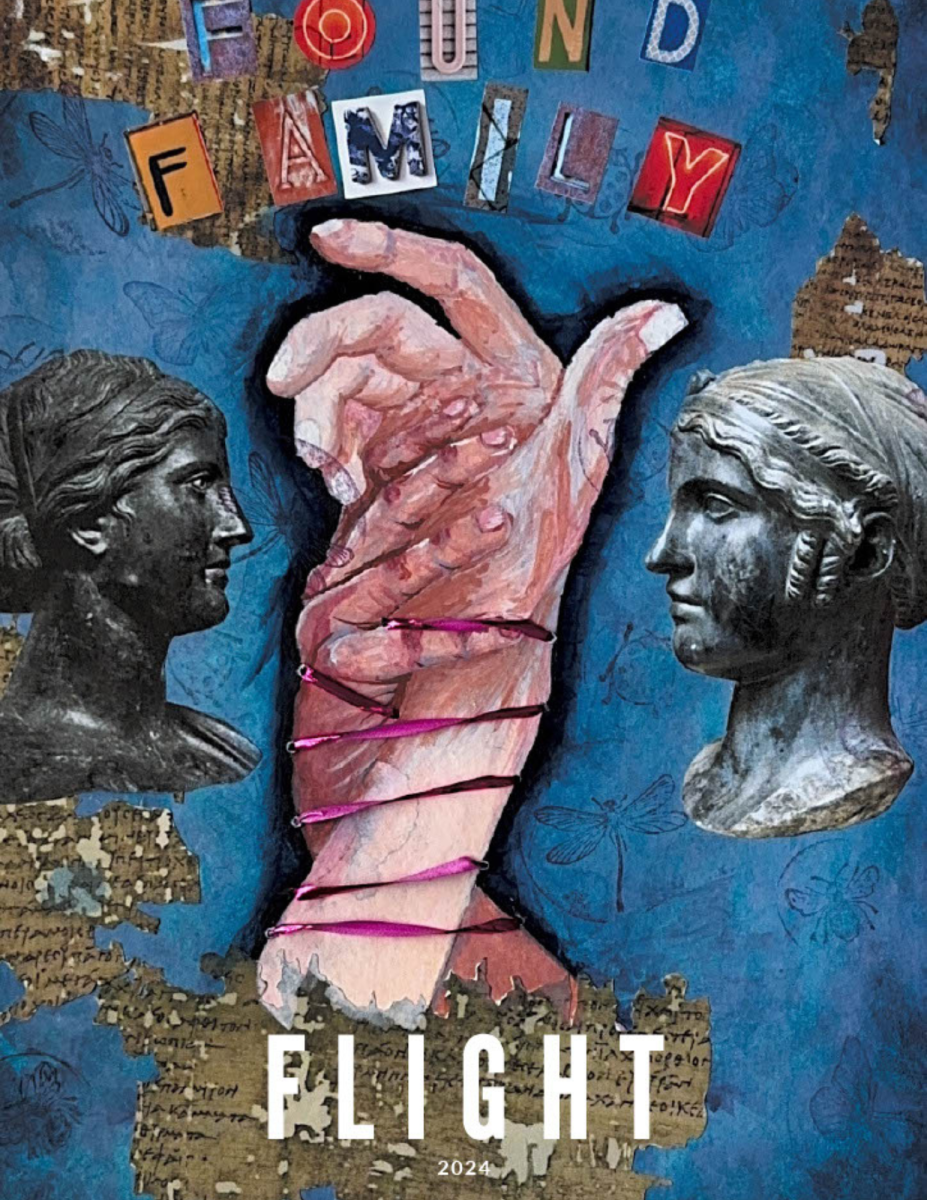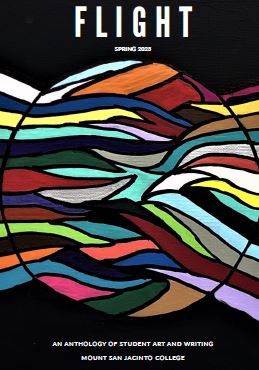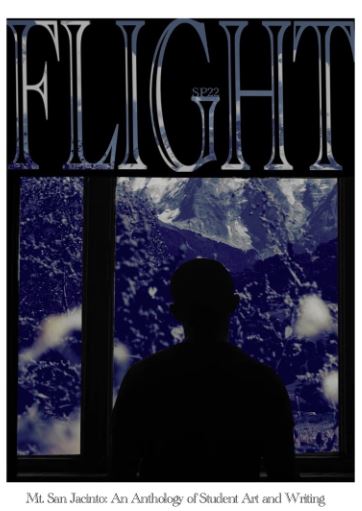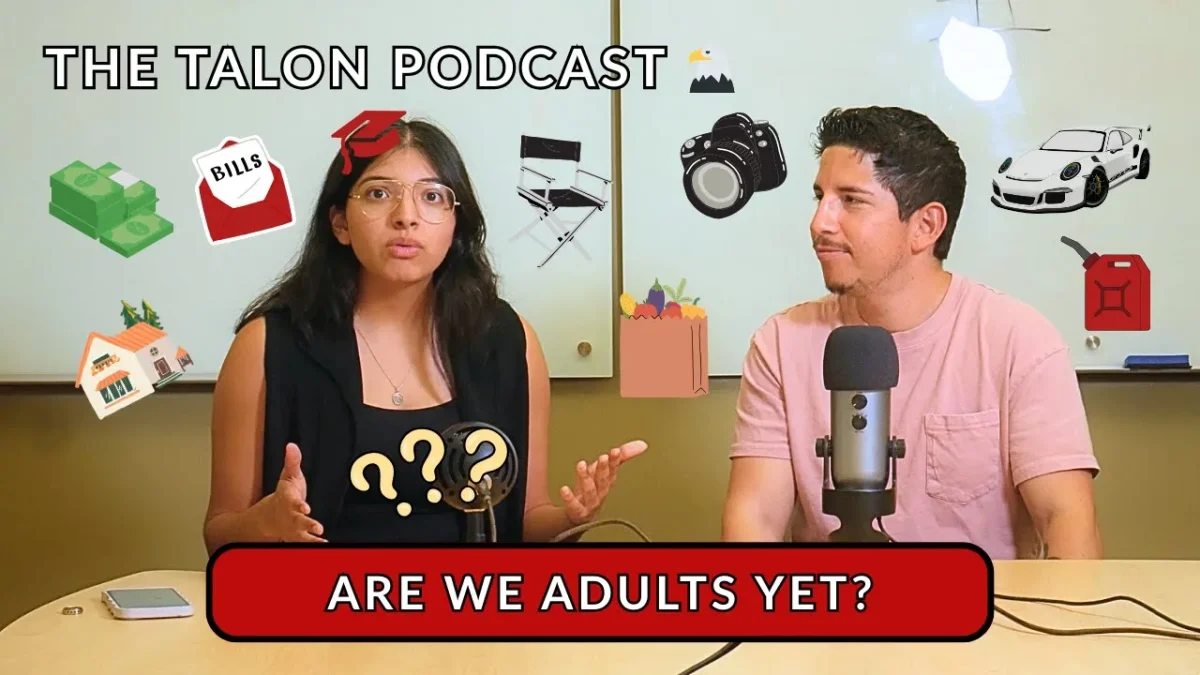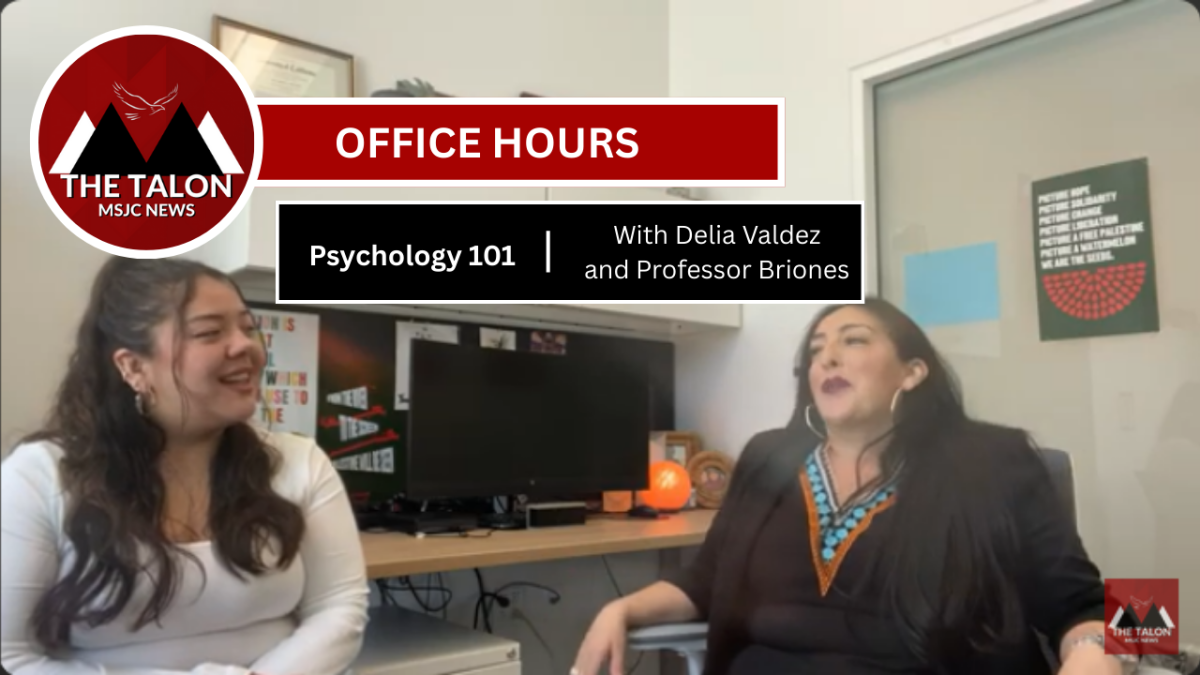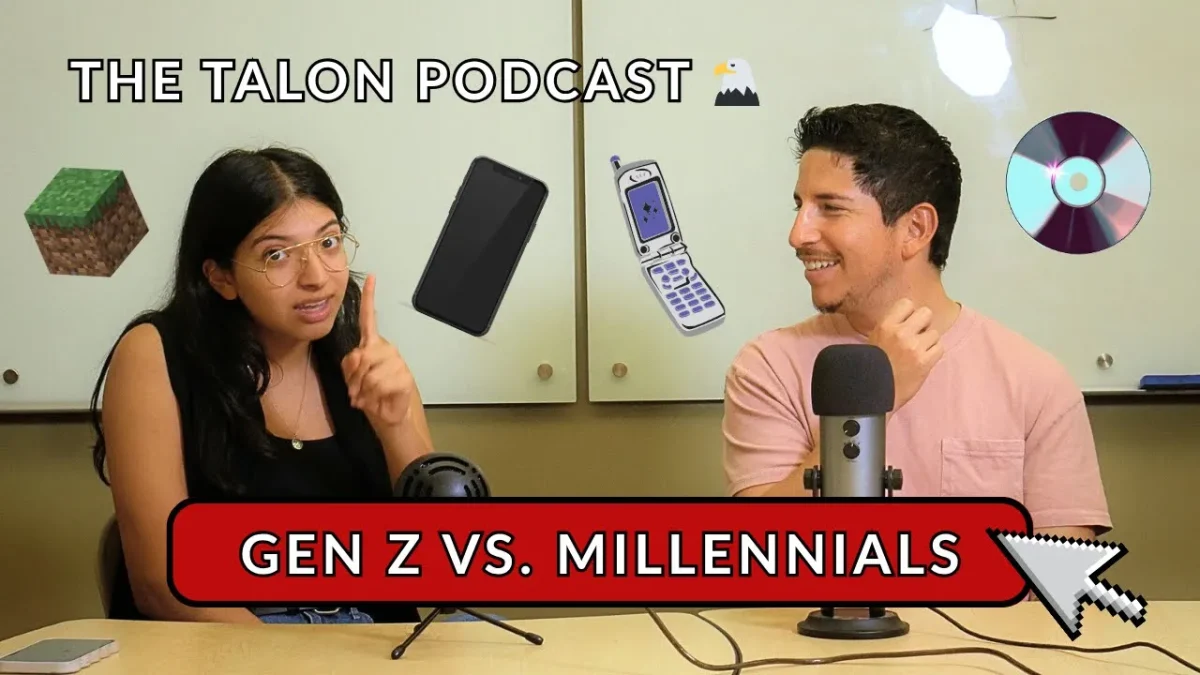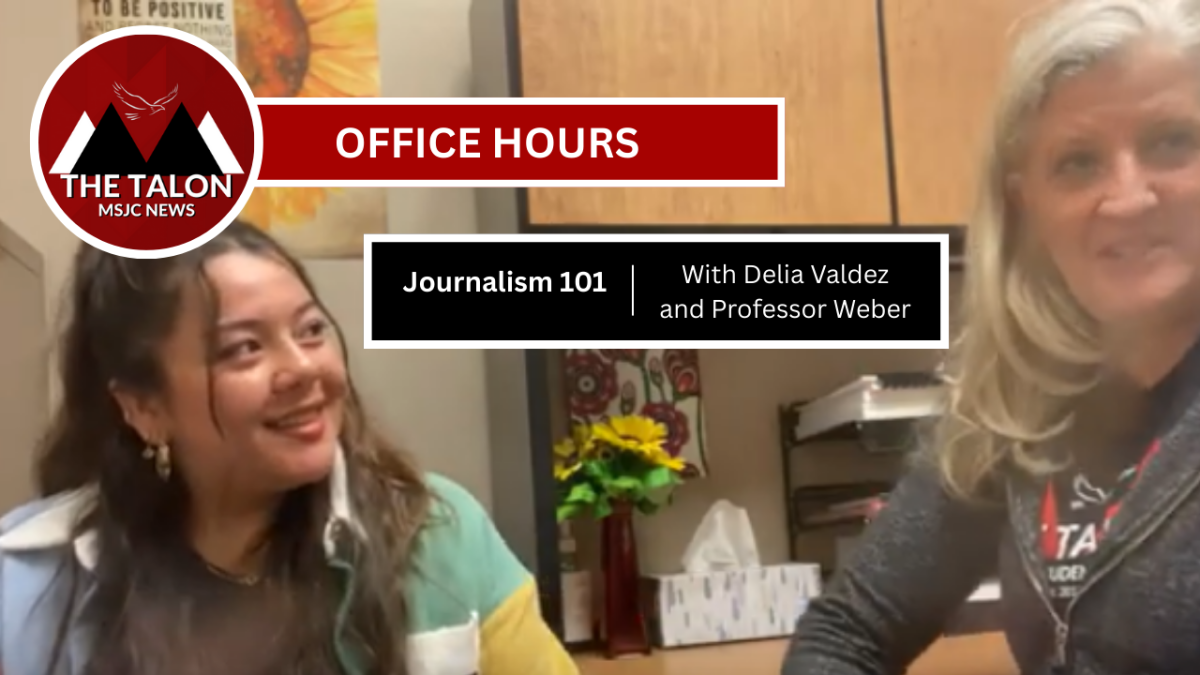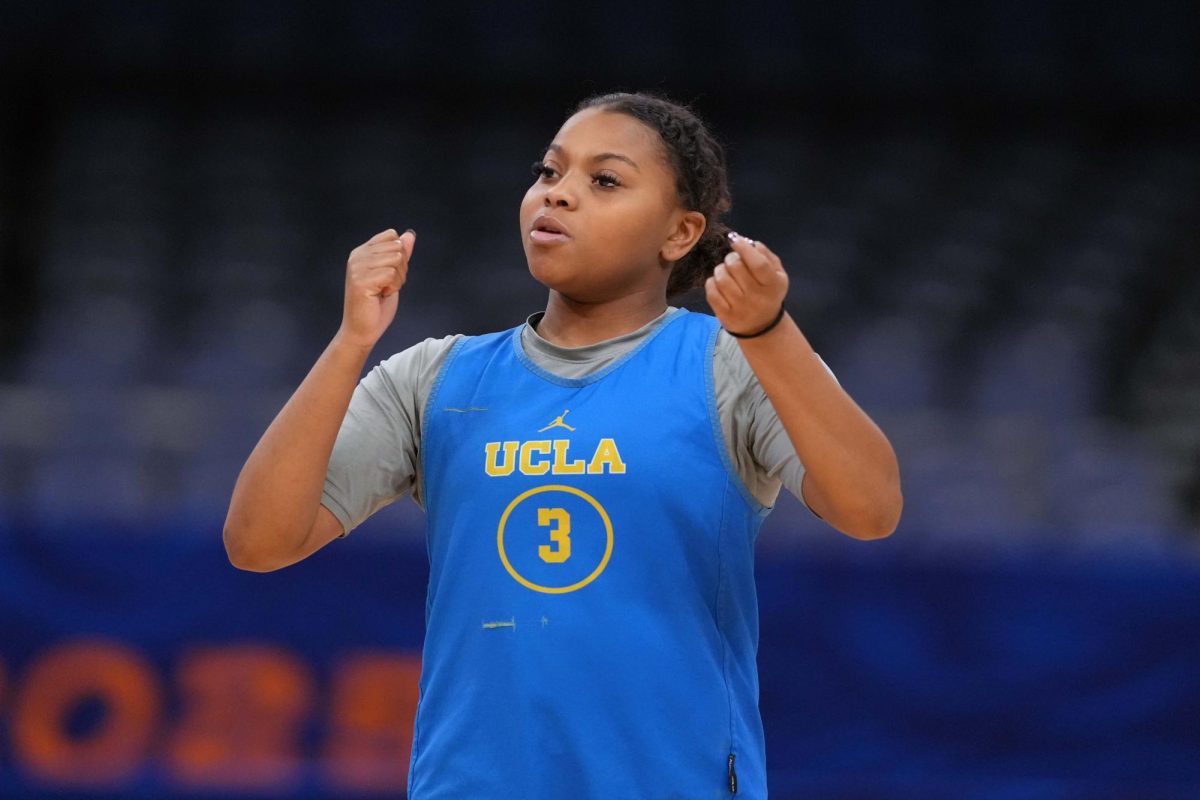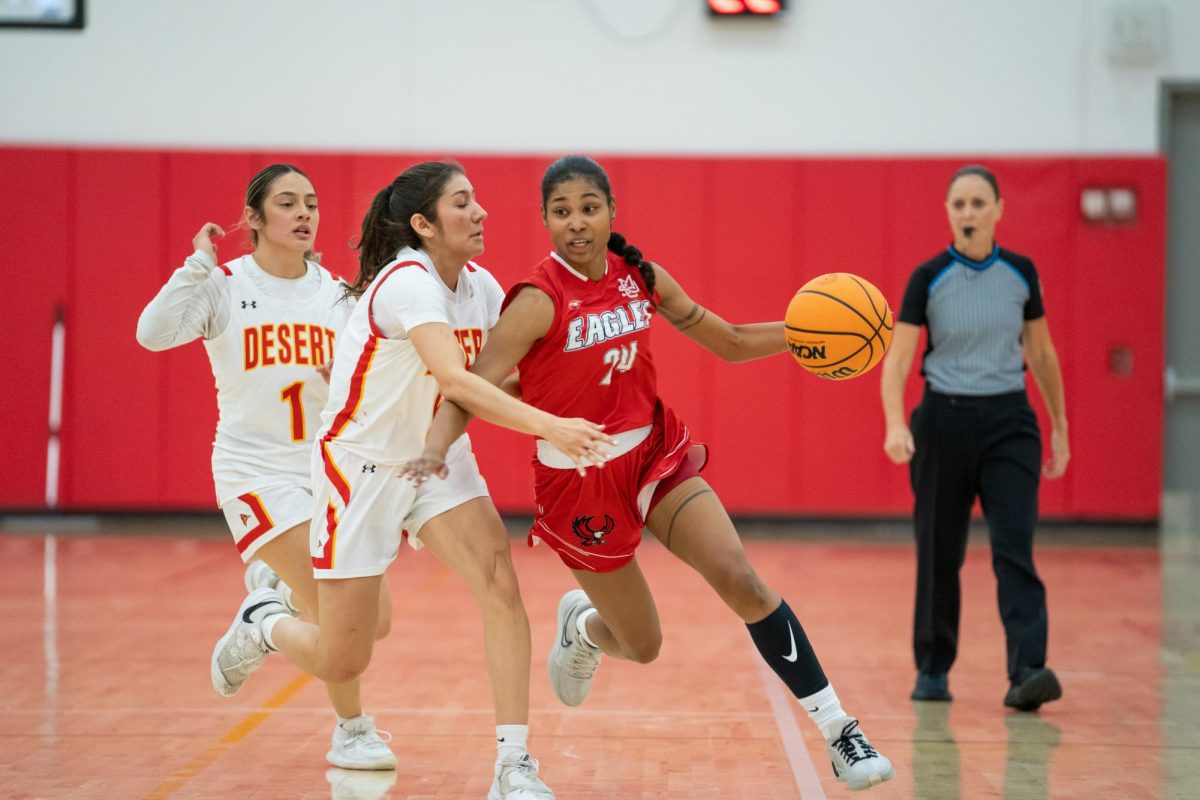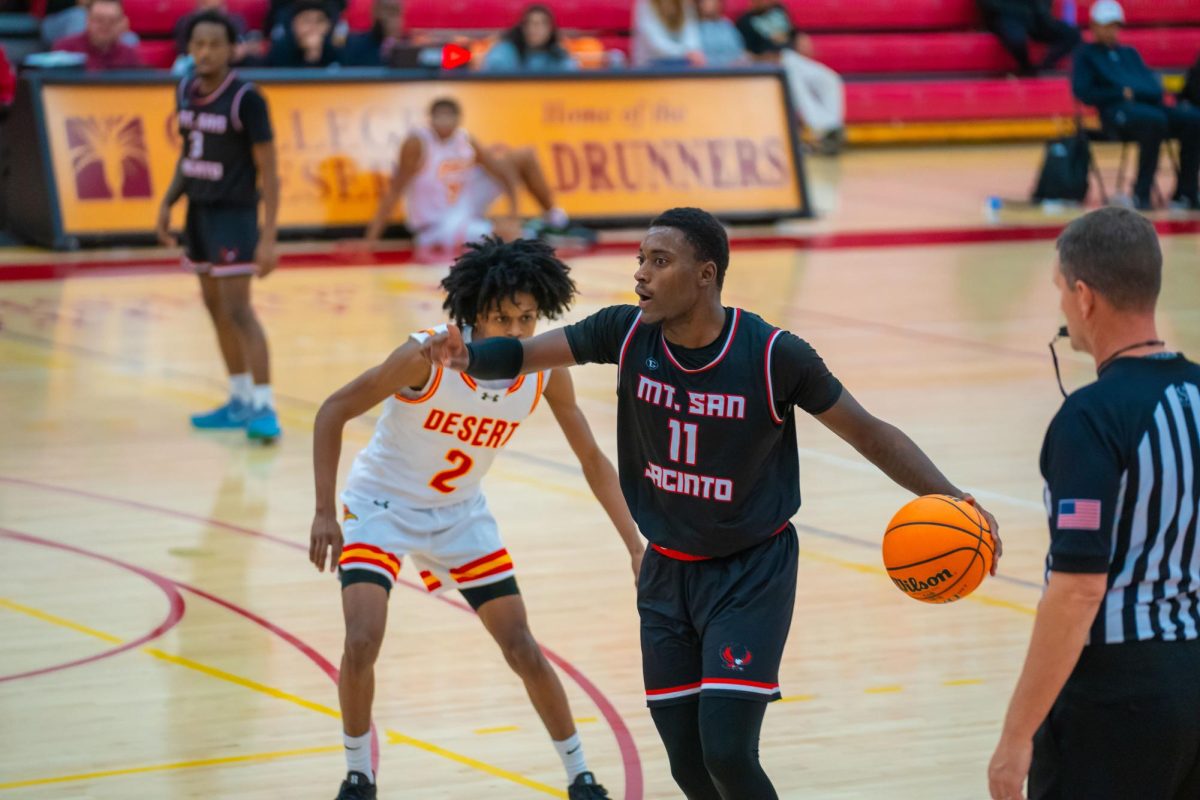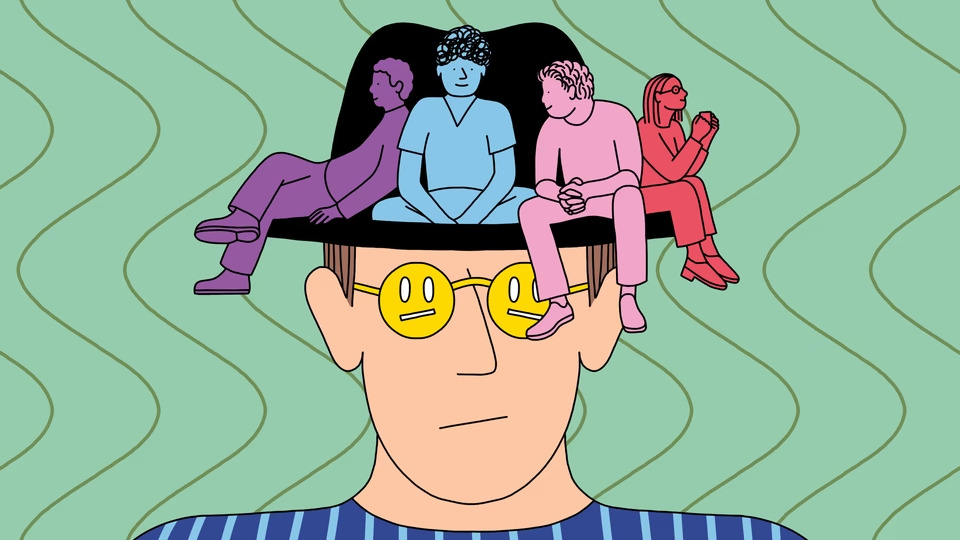Fast internet, fast cars, fast food, most if not everything right now, can be completed at a quicker speed than we know it, especially in contrast to the past. This means an onslaught of misinformation gets thrown around and is often misinterpreted because people are not as informed as they should be. An example of this would be how easily anyone can fabricate a Wikipedia page filled with researched materials. This is how easily misinformation can travel through the several channels of communication we have created over time.
Another more relevant example would be news stations. An outlet where we hope to gain trustworthy and honorable news from—the basic traits we require from an informant station has strayed further and further from the truth. Fox News; faced with numerous defamation lawsuits one regarding the terrorist attacks on the Capitol during January 6. Filled with numerous Trump supporters, and the station’s falsified accusation that Raymond Epps, a formal marine had anything to do with this attack. Another was in 2020, many analyses were published upon the discovery of Fox hosts “dishonesty” were exposed through text threads that they exchanged regarding the 2020 election:
Journalism should be an honest and informal outlet for people to discover and learn more about the world. The constructive changes we need and support people can take out of their time to enforce reforms. With that being said, news stations should never be the only way we look towards informing us about the dangers and general well-being of our society. So here are a few of my top favorite books, sites to stay informed on, articles/short stories/essays etc. to consider for news out/inside the US and how to access most of them for free! In no particular order here they are:
Nonfiction:
Race Politics, and pandemic pedagogy: education in a time of crisis by Henry Giroux

As succinctly put by himself,
“… Henry A. Giroux passionately argues that education and critical pedagogy are needed now more than ever to combat injustices in our society caused by fake news, toxic masculinity, racism, consumerism and white nationalism. At the heart of the book is the idea that pedagogy has the power to create narratives of desire, values, identity, and agency at a time when these narratives are being manipulated to promote right-wing populism and emerging global fascist politics.”
Pedagogy of the Oppressed by Paulo Freire

A critical analysis of the relationship between the oppressors and the oppressed. A close look at Paulo Friere’s methodology to help, “empower countless impoverished and illiterate people throughout the world.” Ways to combat against systems enforced by oppressors and how education and active participation inspire communities towards true liberation.
Cobalt Red: How the Blood of the Congo Fuels Our Lives by Siddarth Kara

An expose on the “people living, working, and dying for cobalt.” Discovering all the brutal conditions workers face for unlivable wages and the supply chain of “child-mind cobalt from toxic pit to consumer-facing tech giants…” Tech giants, that separate themselves from the harmful conditions faced by the people despite the monetary gain from their brutal labor.

In a collection of essays, interviews, and speeches, activist Angela Davis discusses historical oppressions here and around the world alongside violence against the state. Davis reflects on intersectionality, the significance of Black Feminism, and prison abolitionism. She also touches on the legacies of prominent figures who fought against previous liberation struggles.
Articles:
The importance of diverse patient knowledge of “…methods to increase comfort, knowledge, and confidence in caring for LGBT people.” Especially in the medical environment, where people are often misdiagnosed, disregarded, and discriminated against based on their identity.
Micro-individuality by Ray Fisher-Quan
Based on losing uniqueness and the desire to be liked, one strays from self, while confidence is gained through other people’s perceptions. Fisher-Quan addresses the harshness of performance and why being perceived through specific lenses hurts one.
For MSJC, students can access most of these through the physical and virtual MSJC library. Simply log in using your school email and password! Within this, scroll to the bottom, and under Quicklinks, there is a set of links with databases to search for more (or the same from this list of) books and articles.
As contributors to society and everyday learners, I believe it is our due diligence to read and discuss how we can better a system that frequently works against us. Through education, whether at an institution like ours or on your own time, doing research will support the livelihoods of our present and future.
